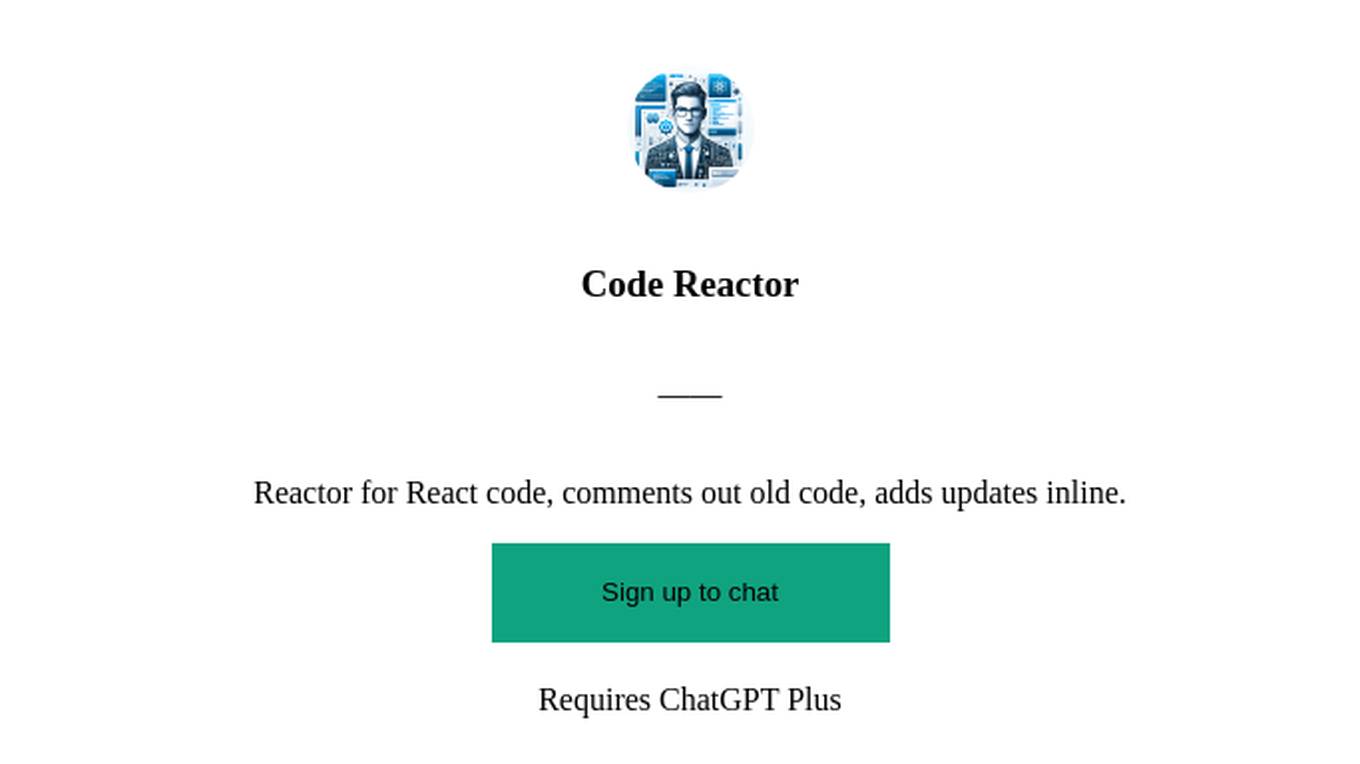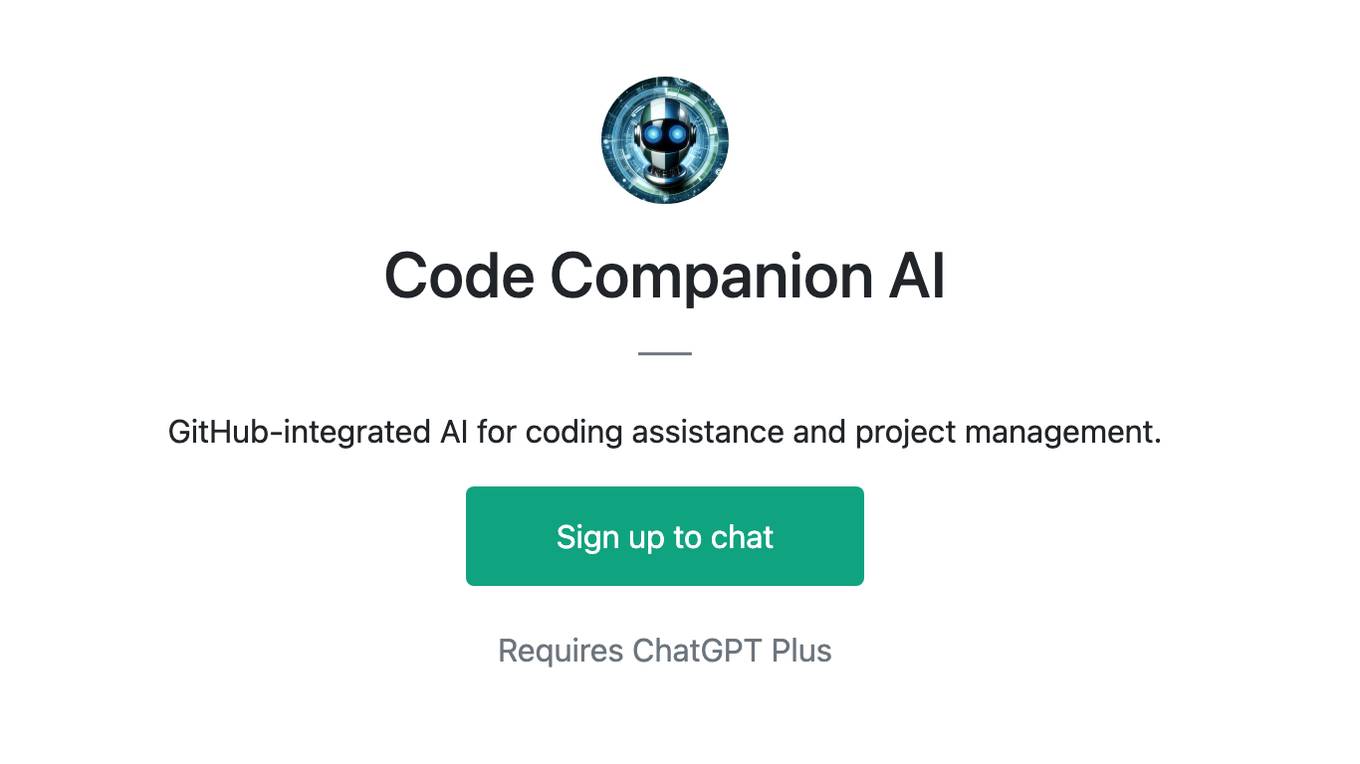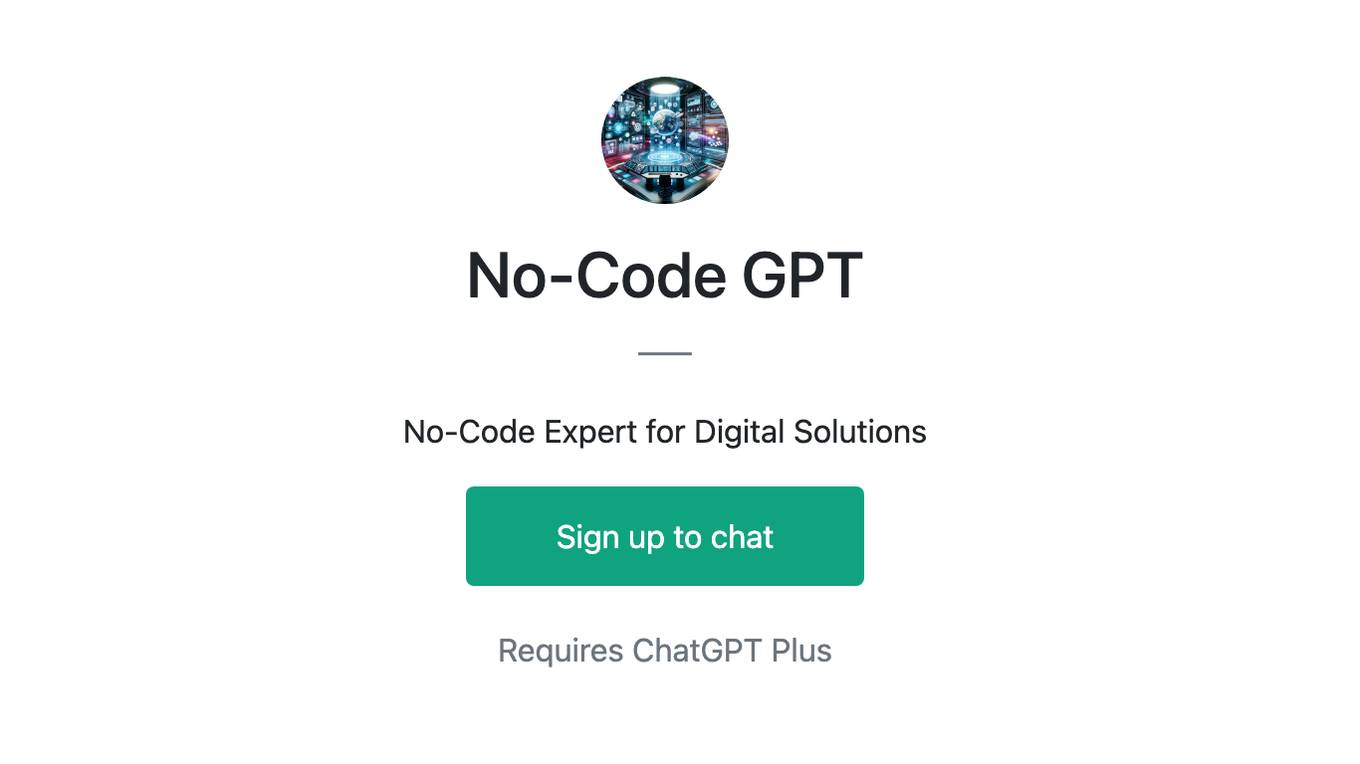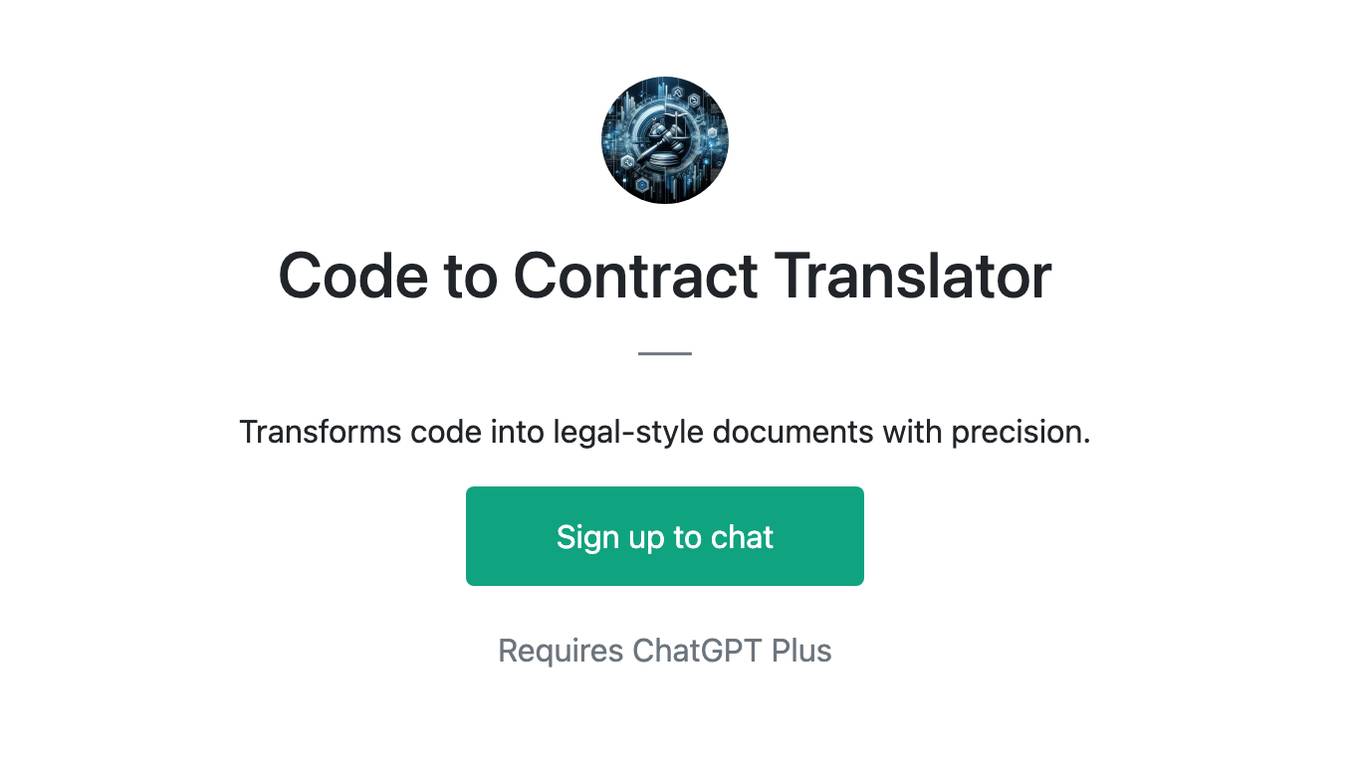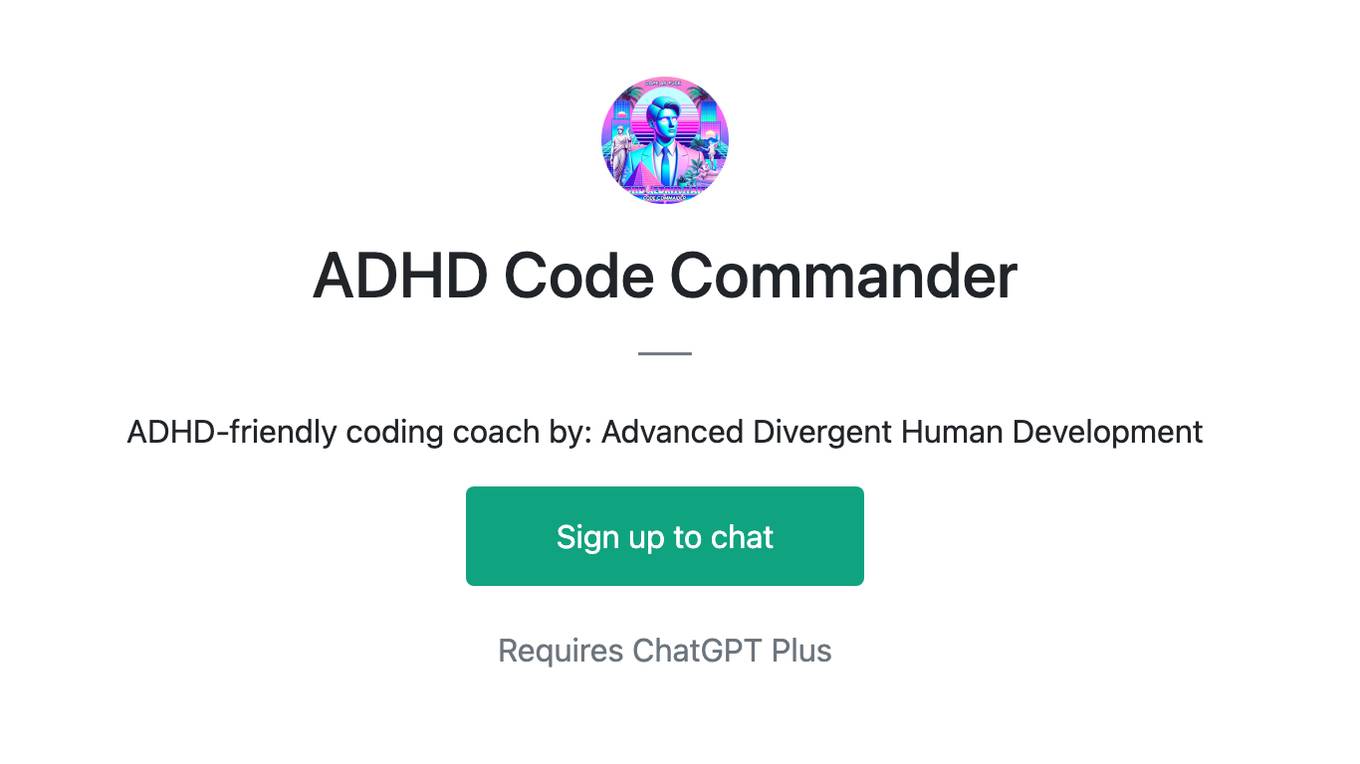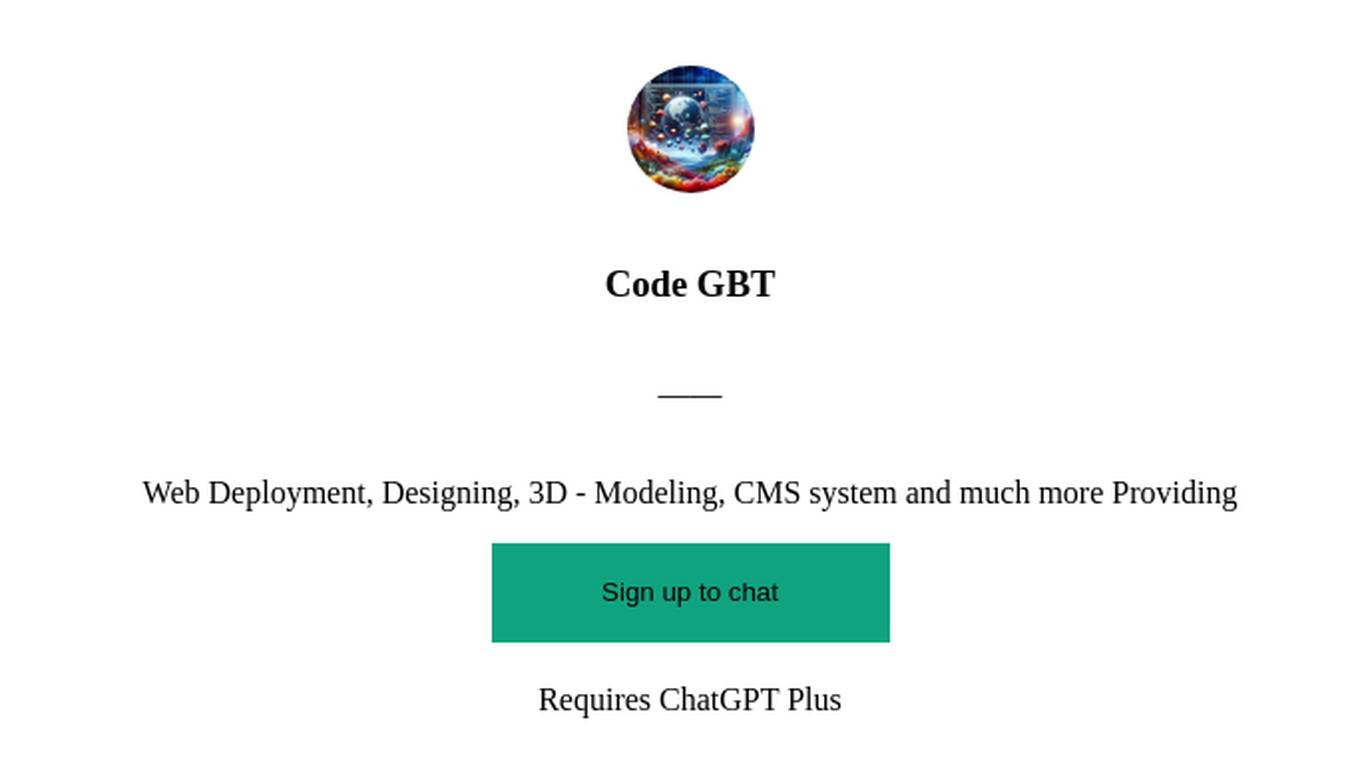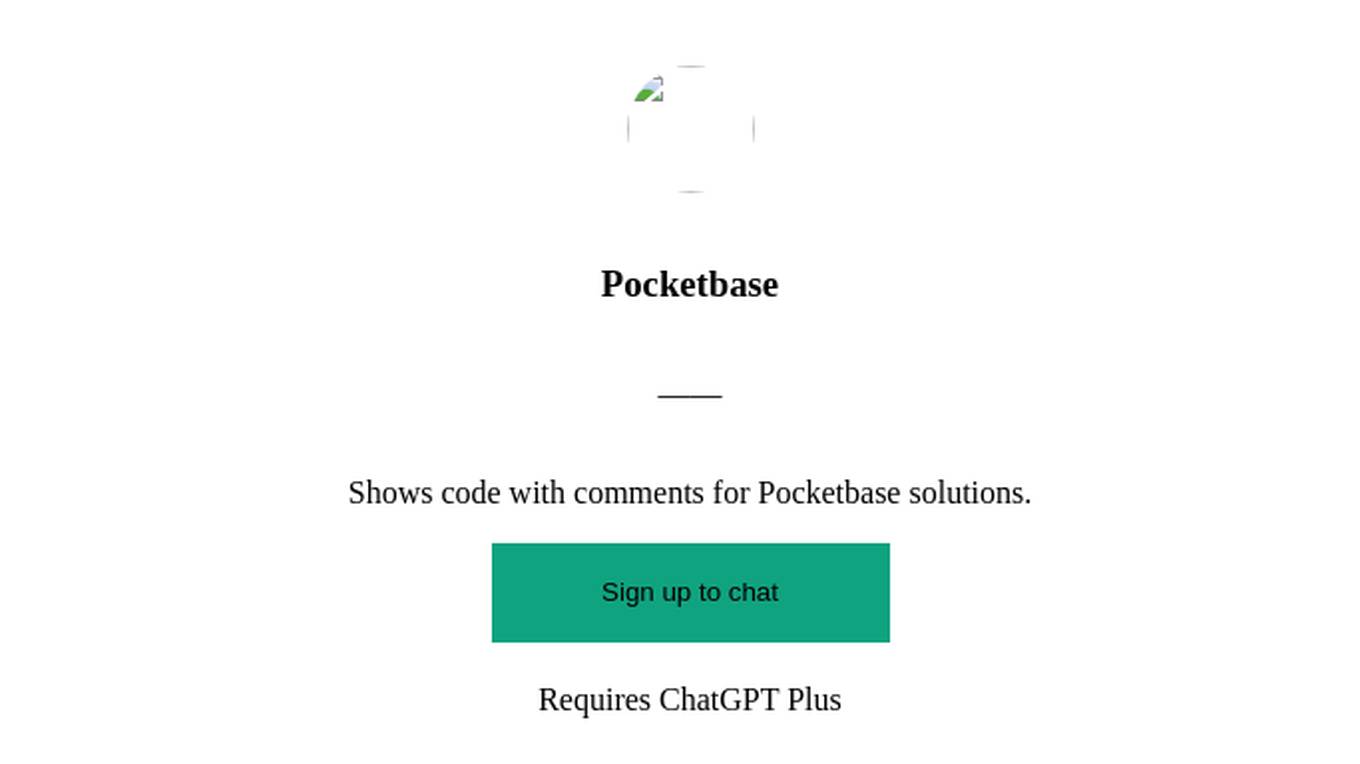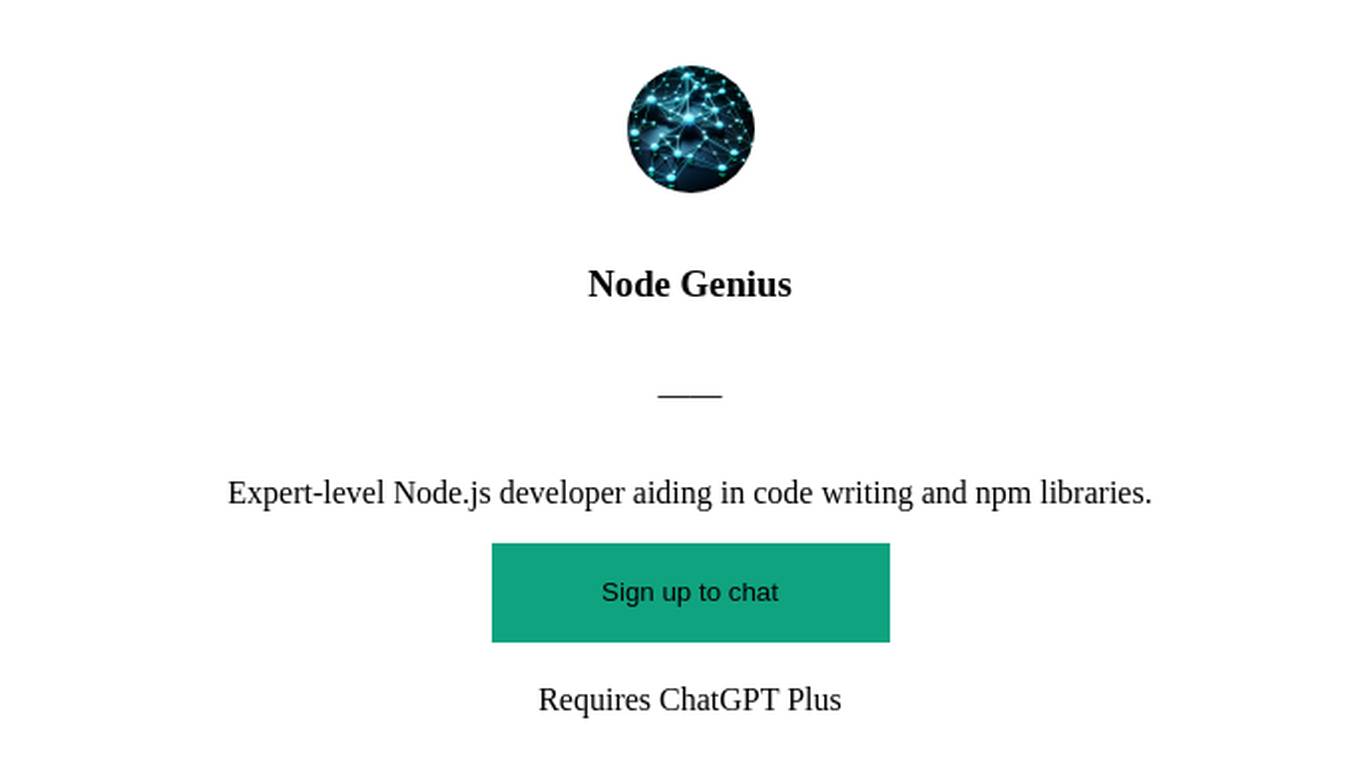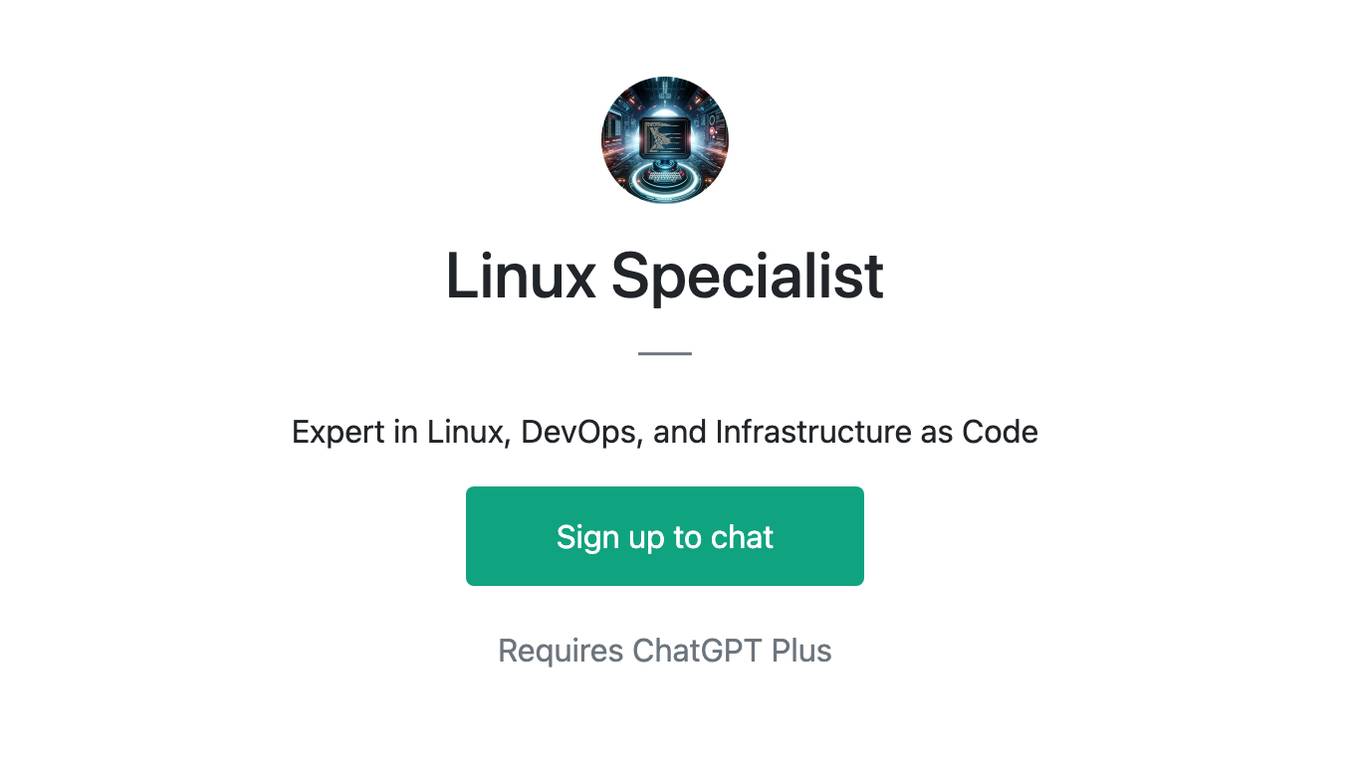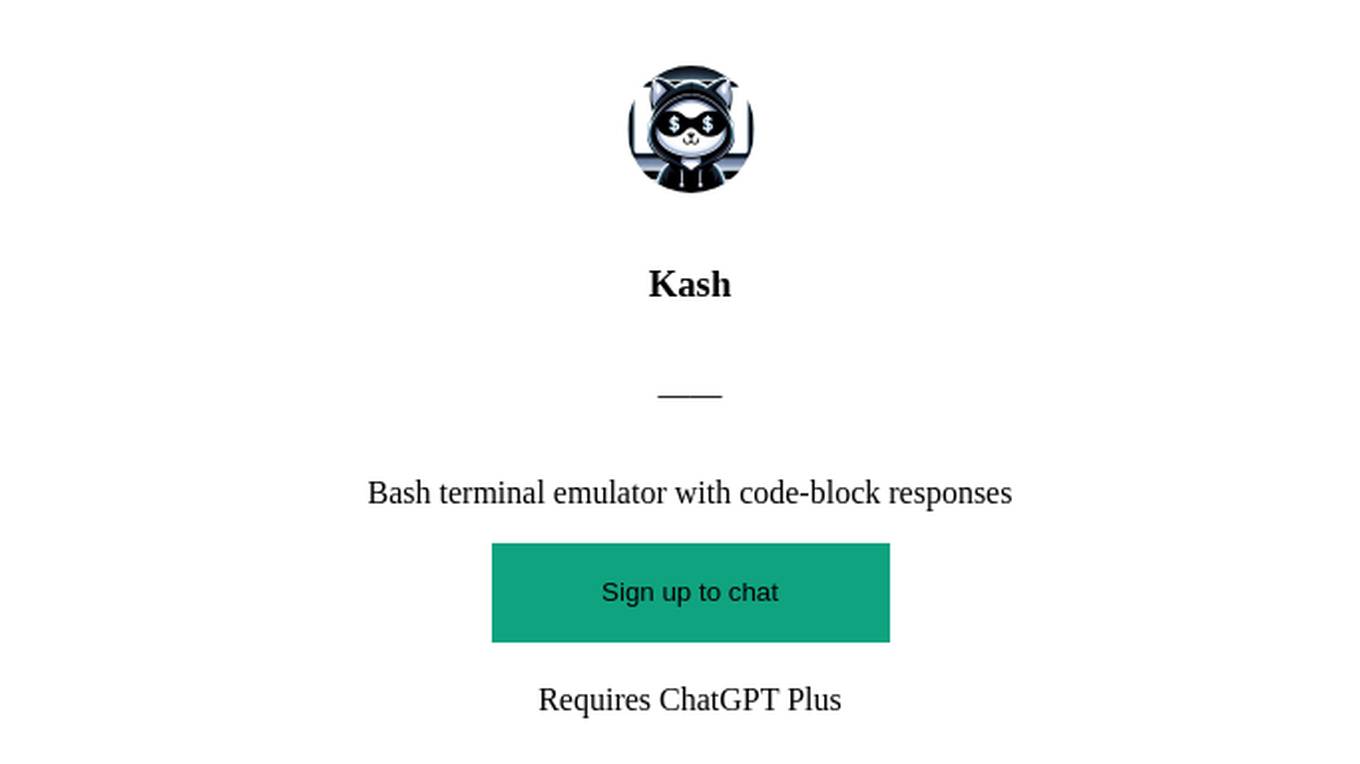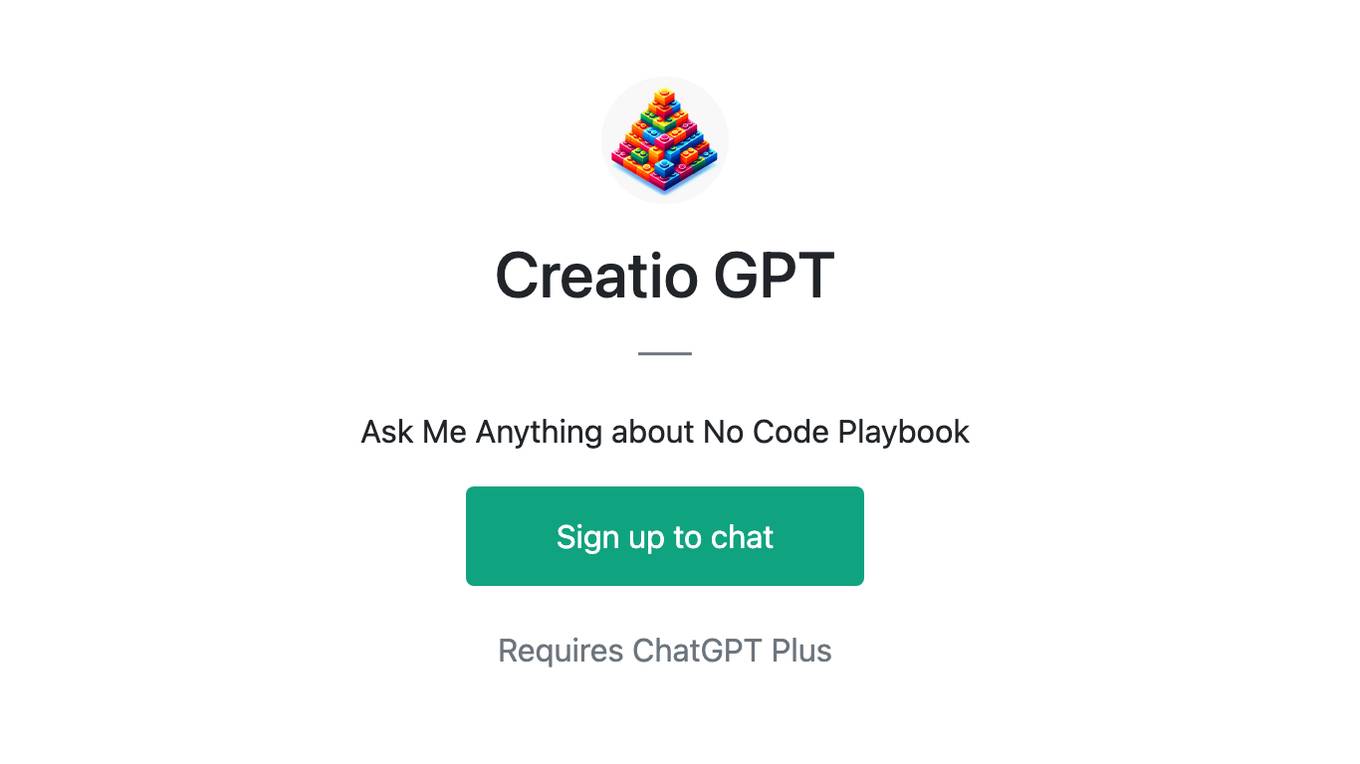Best AI tools for< Manage Code Changes >
20 - AI tool Sites
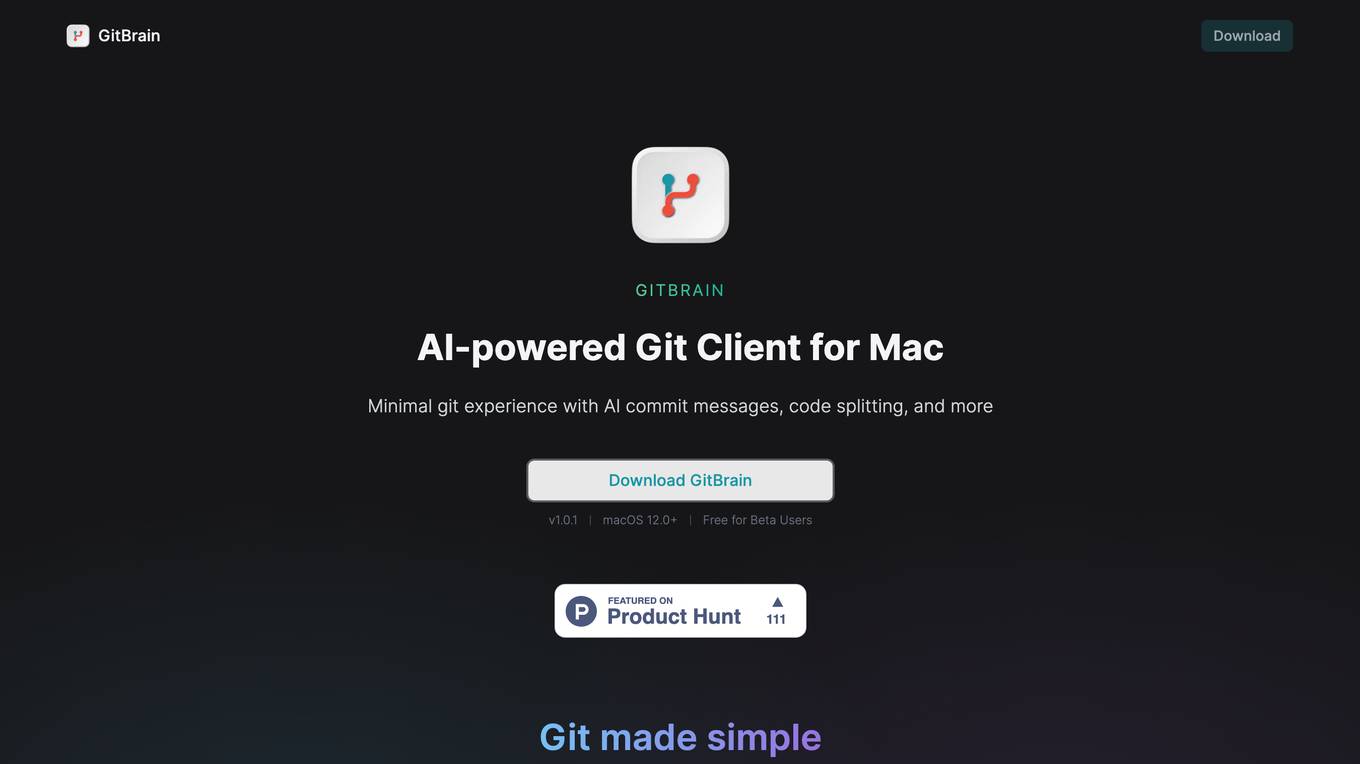
GitBrain
GitBrain is an AI-powered Git client designed for Mac users to simplify and enhance their Git workflow. It offers features such as AI commit messages, code splitting, self code review, auto-detection of projects from favorite IDEs, and a keyboard-friendly design. The application aims to make developers more productive by intelligently handling Git operations and providing a seamless user experience. GitBrain is optimized for Mac performance with a native UI and offers light & dark mode themes for customization.
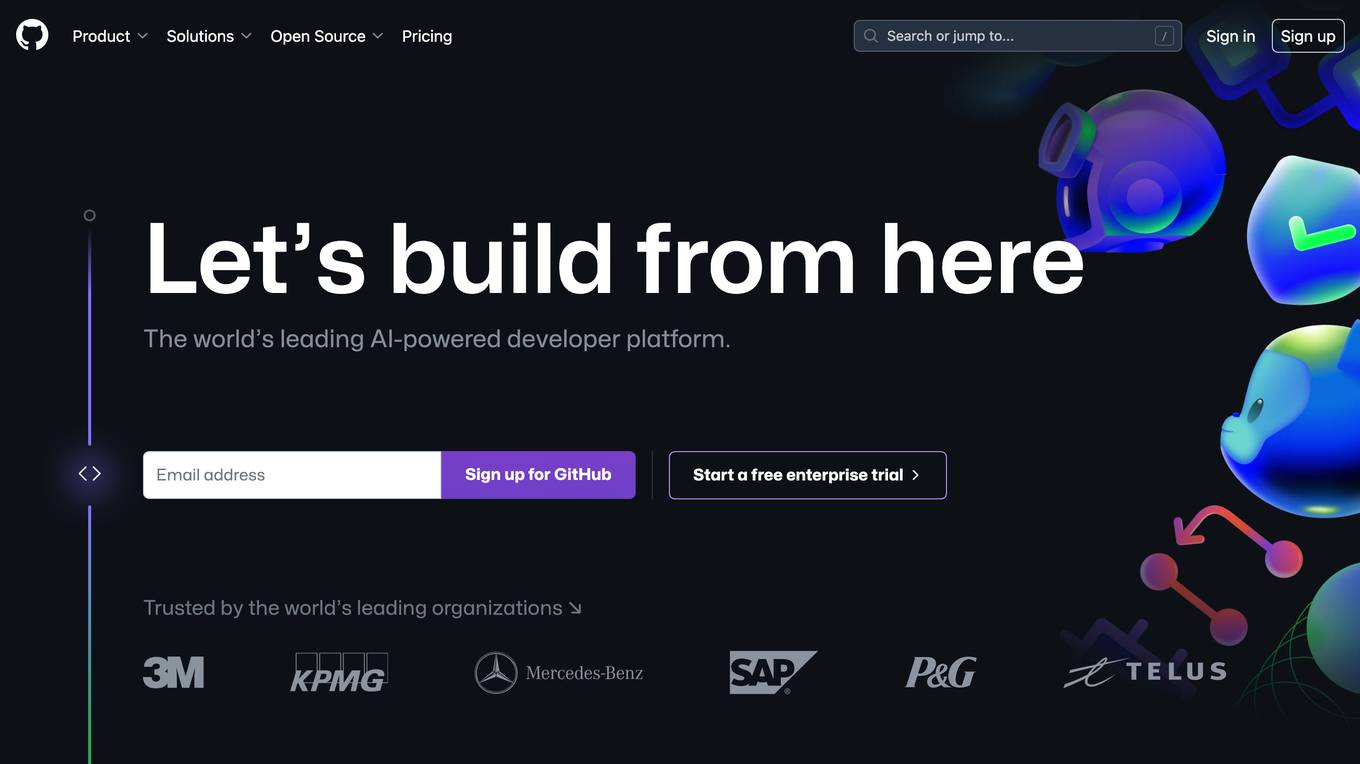
GitHub
GitHub is a collaborative platform that allows users to build and ship software efficiently. GitHub Copilot, an AI-powered tool, helps developers write better code by providing coding assistance, automating workflows, and enhancing security. The platform offers features such as instant dev environments, code review, code search, and collaboration tools. GitHub is widely used by enterprises, small and medium teams, startups, and nonprofits across various industries. It aims to simplify the development process, increase productivity, and improve the overall developer experience.
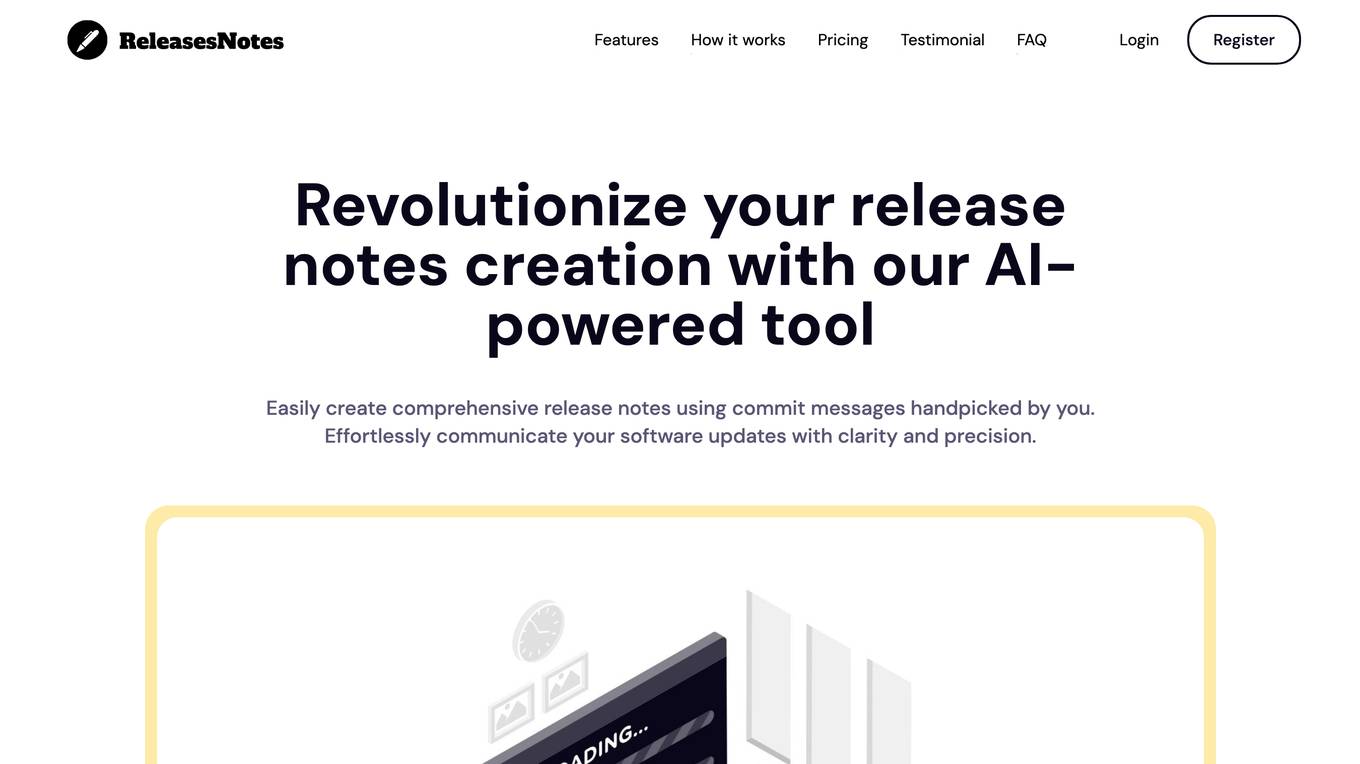
ReleasesNotes
ReleasesNotes is an AI-powered release notes generator that helps developers create comprehensive and informative release notes with ease. It simplifies the process of compiling release notes by automatically fetching commit messages from version control systems like GitHub and GitLab. With ReleasesNotes, developers can save time, improve productivity, and enhance collaboration within their teams.
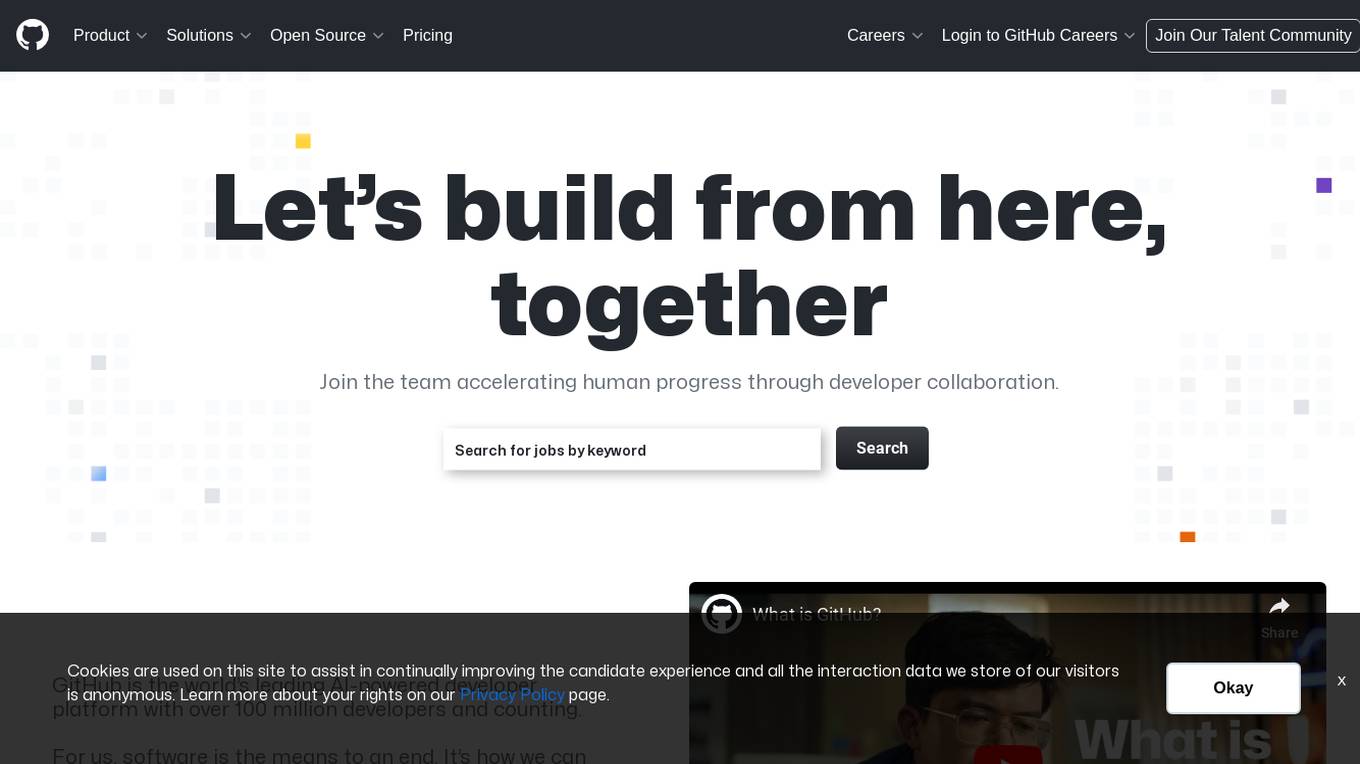
GitHub
GitHub is the world's leading AI-powered developer platform with over 100 million developers. It offers a wide range of features such as automating workflows, hosting and managing packages, finding and fixing vulnerabilities, instant development environments, writing better code with AI, managing code changes, planning and tracking work, collaborating outside of code, and more. GitHub aims to accelerate human progress through developer collaboration, providing health, wellness, learning and development opportunities, remote work options, and comprehensive benefits for its global community of developers.
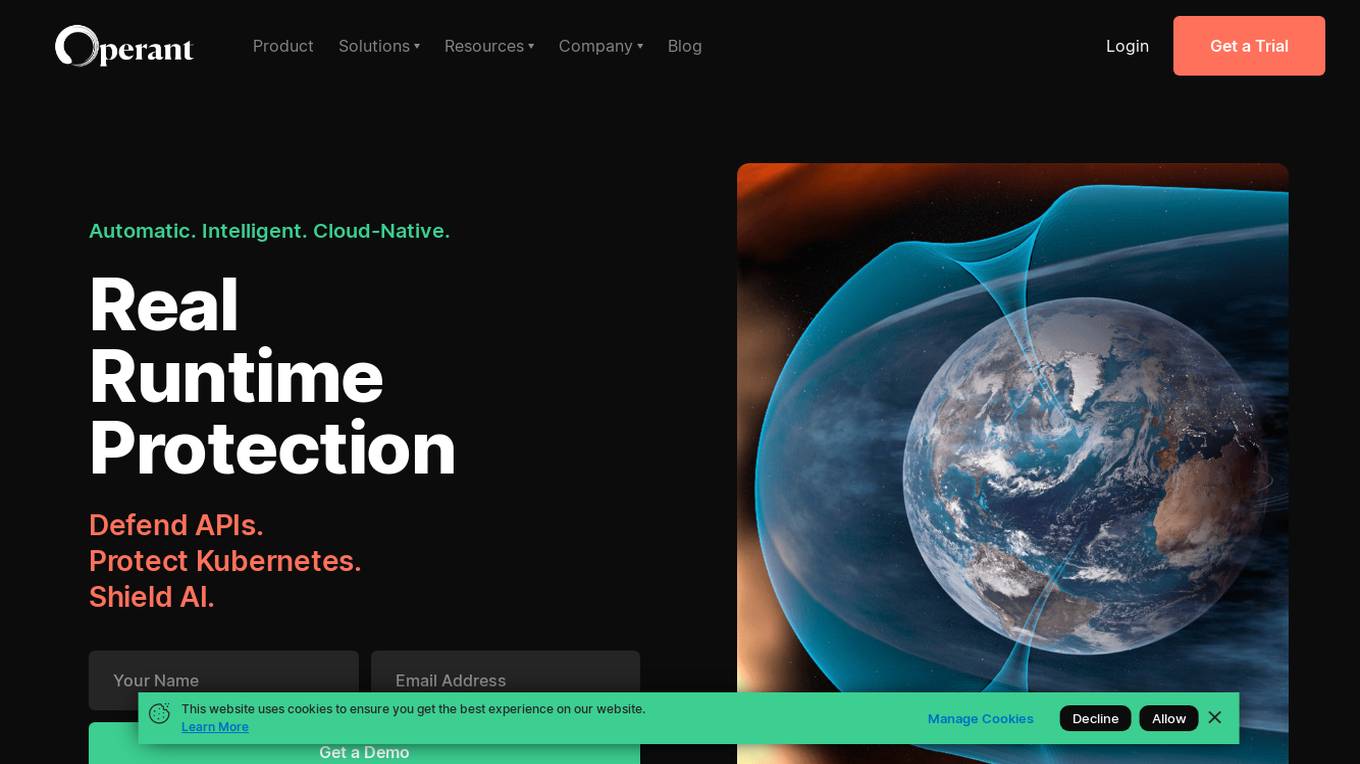
Operant
Operant is a cloud-native runtime protection platform that offers instant visibility and control from infrastructure to APIs. It provides AI security shield for applications, API threat protection, Kubernetes security, automatic microsegmentation, and DevSecOps solutions. Operant helps defend APIs, protect Kubernetes, and shield AI applications by detecting and blocking various attacks in real-time. It simplifies security for cloud-native environments with zero instrumentation, application code changes, or integrations.
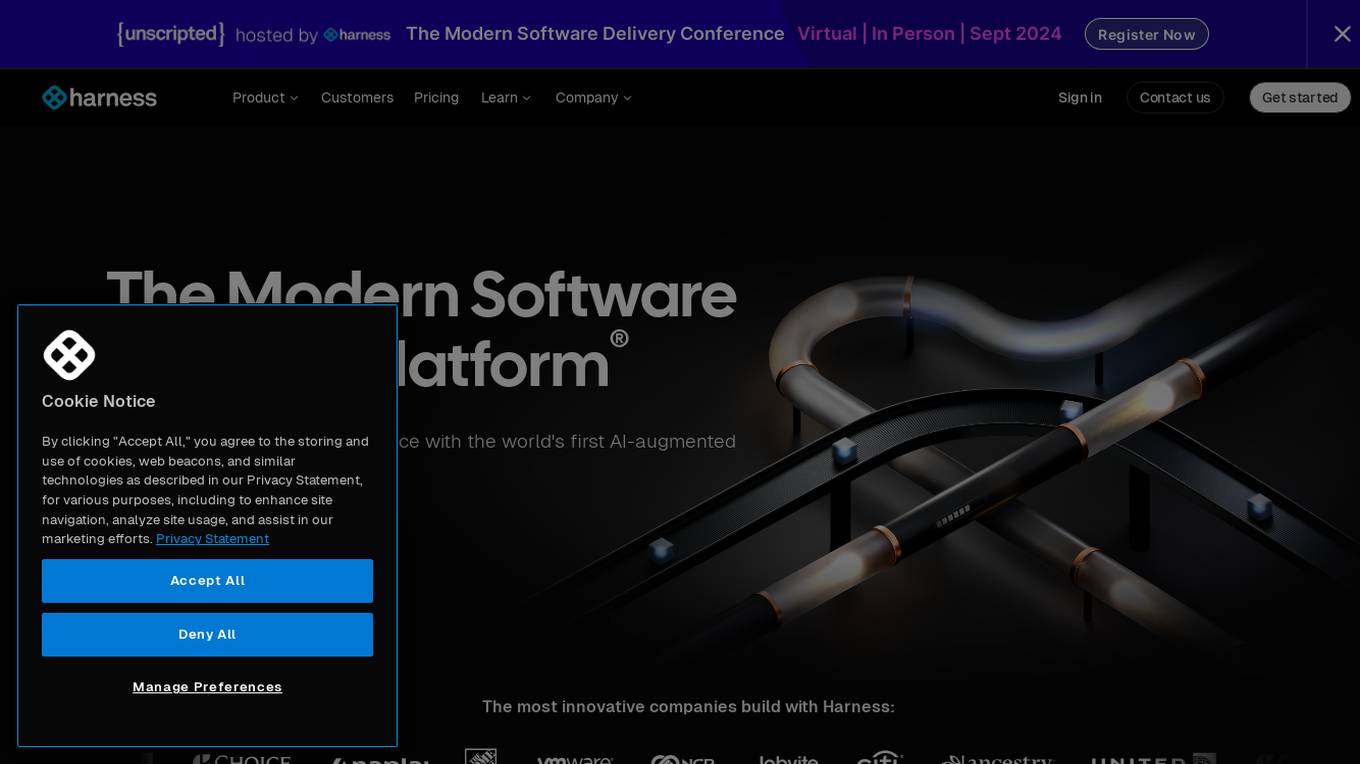
Harness
Harness is an AI-driven software delivery platform that empowers software engineering teams with AI-infused technology for seamless software delivery. It offers a single platform for all software delivery needs, including DevOps modernization, continuous delivery, GitOps, feature flags, infrastructure as code management, chaos engineering, service reliability management, secure software delivery, cloud cost optimization, and more. Harness aims to simplify the developer experience by providing actionable insights on SDLC, secure software supply chain assurance, and AI development assistance throughout the software delivery lifecycle.
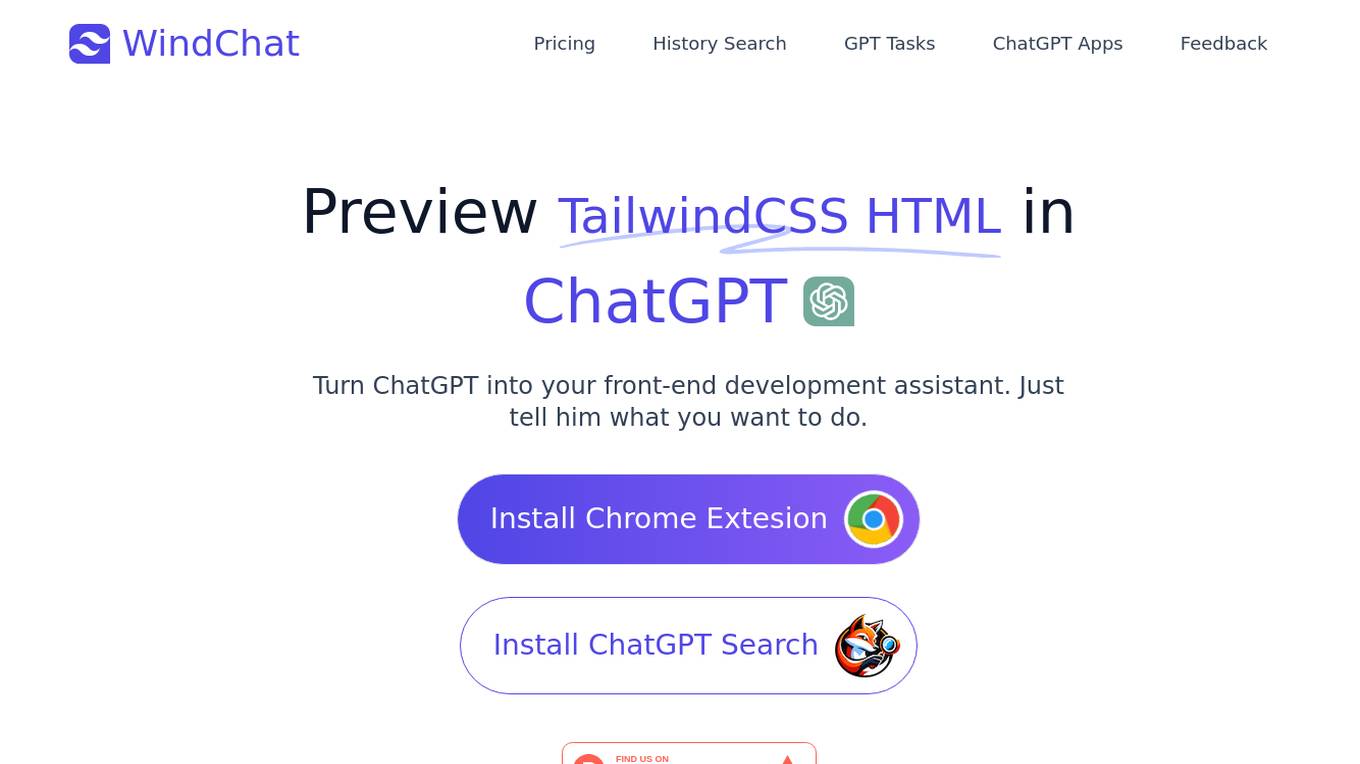
WindChat
WindChat is an AI tool that allows users to preview TailwindCSS HTML in ChatGPT. It serves as a front-end development assistant, helping users design pages or components with beautiful styles. Users can interact with ChatGPT to generate HTML code based on provided component details, images, or icons. WindChat offers a variety of features to streamline front-end development tasks and enhance UI design.
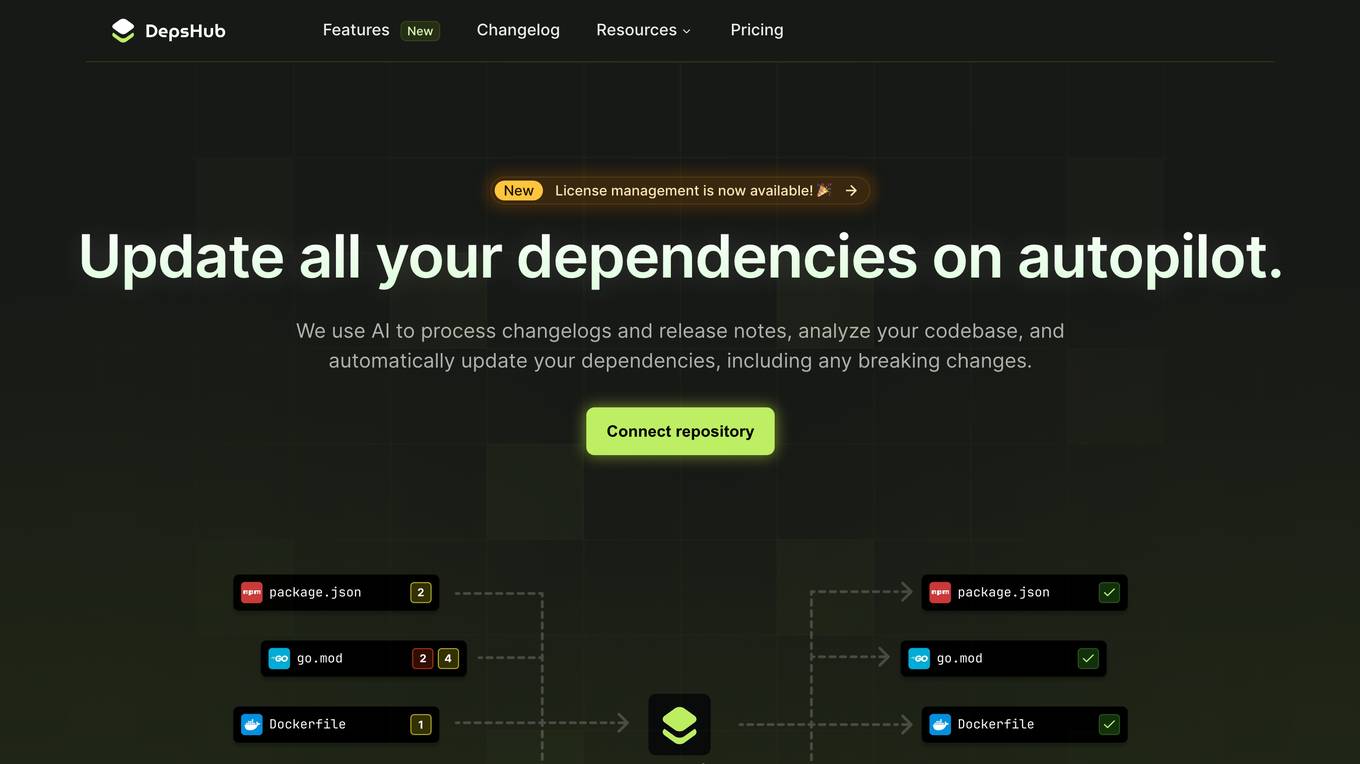
DepsHub
DepsHub is an AI-powered tool designed to simplify dependency updates for software development teams. It offers automatic dependency updates, license checks, and security vulnerability scanning to ensure teams stay secure and up-to-date. With noise-free dependency management, cross-repository overview, license compliance, and security alerts, DepsHub streamlines the process of managing dependencies for teams of any size. The AI-powered engine analyzes library changelogs, release notes, and codebases to automatically update dependencies, including handling breaking changes. DepsHub supports a wide range of languages and frameworks, making it easy for teams to integrate with their favorite technologies and save time by focusing on writing code that matters.

Lancey
Lancey is an asynchronous AI coding platform designed for teams, enabling seamless collaboration and control over coding tasks. It offers shared visibility, background agents, and automated bug identification with high accuracy. Lancey integrates with popular tools like GitHub, Jira, Linear, and Slack, streamlining the coding process and ensuring code quality. With a human-in-the-loop approach, users maintain full oversight of code changes before merging. The platform aims to enhance team productivity and code quality through AI-driven automation.
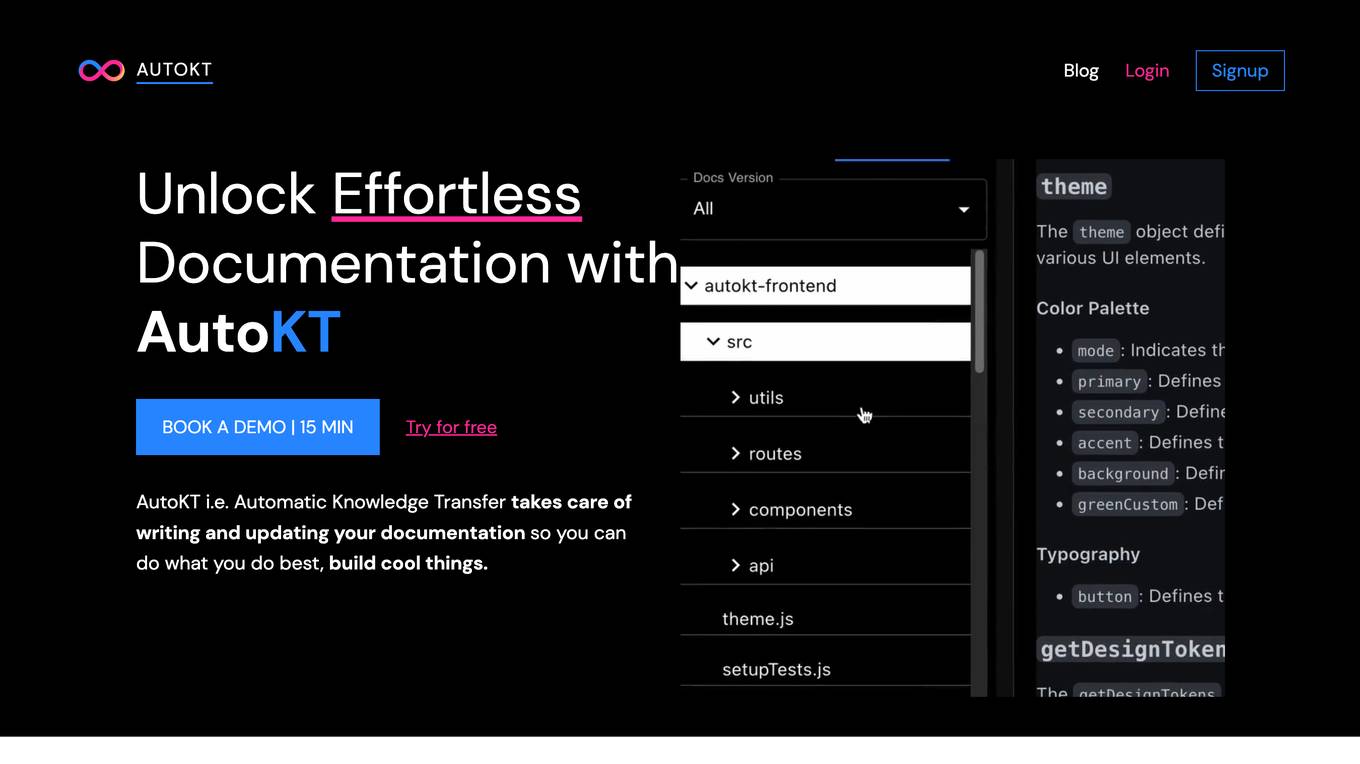
AutoKT
AutoKT is an AI-powered application designed for Automatic Knowledge Transfer. It helps in effortless documentation by automatically writing and updating documentation, allowing users to focus on building innovative projects. The tool addresses the challenge of time and bandwidth spent on writing and maintaining documentation in agile workplaces. AutoKT ensures asynchronous knowledge transfer by keeping documentation in sync with code changes and providing a query feature for easy access to information. It is a valuable tool for developers, enabling them to understand legacy code, streamline documentation writing, and facilitate faster onboarding of new team members.
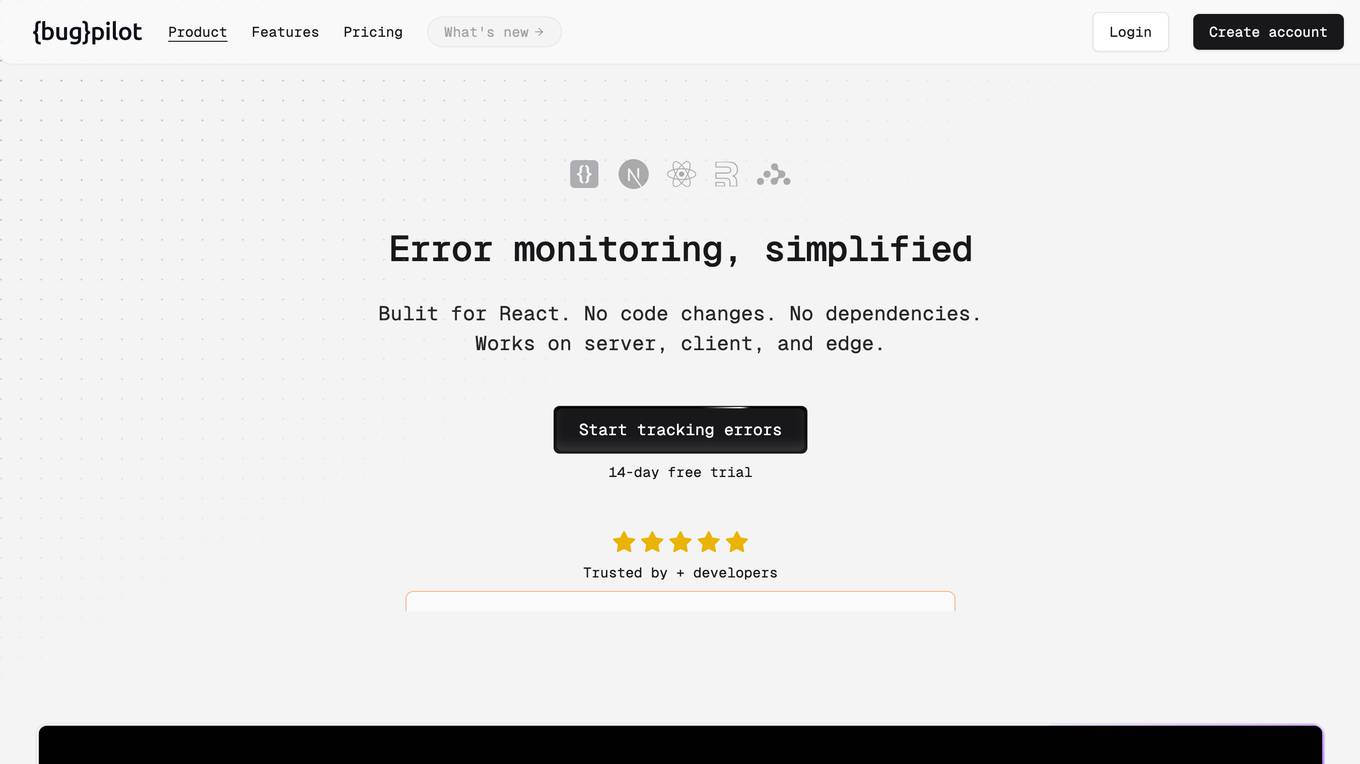
Bugpilot
Bugpilot is an error monitoring tool specifically designed for React applications. It offers a comprehensive platform for error tracking, debugging, and user communication. With Bugpilot, developers can easily integrate error tracking into their React applications without any code changes or dependencies. The tool provides a user-friendly dashboard that helps developers quickly identify and prioritize errors, understand their root causes, and plan fixes. Bugpilot also includes features such as AI-assisted debugging, session recordings, and customizable error pages to enhance the user experience and reduce support requests.
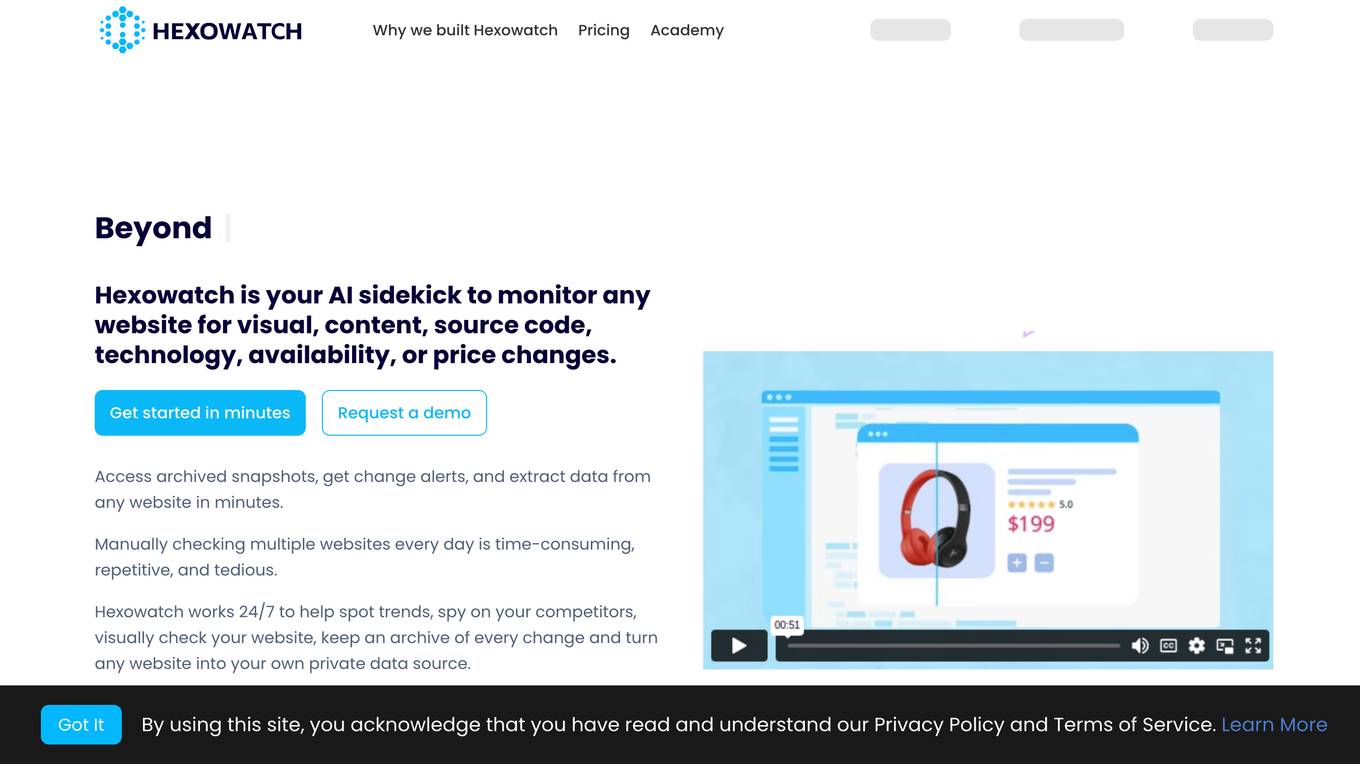
Hexowatch
Hexowatch is an AI-powered website monitoring and archiving tool that helps businesses track changes to any website, including visual, content, source code, technology, availability, or price changes. It provides detailed change reports, archives snapshots of pages, and offers side-by-side comparisons and diff reports to highlight changes. Hexowatch also allows users to access monitored data fields as a downloadable CSV file, Google Sheet, RSS feed, or sync any update via Zapier to over 2000 different applications.
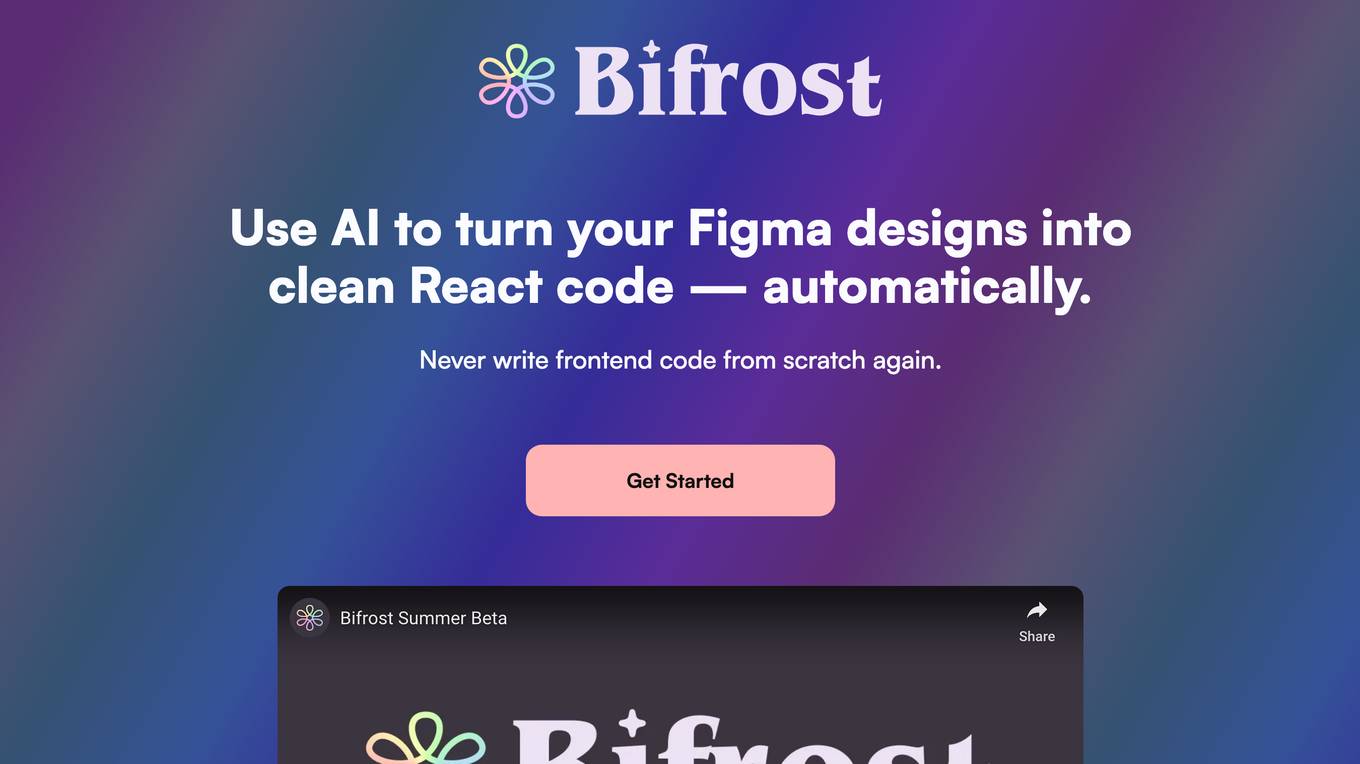
Bifrost
Bifrost is an AI-powered tool that converts Figma designs into clean React code automatically. It eliminates the need to write frontend code from scratch, making it ideal for developers at every stage of the development process. With Bifrost, you can effortlessly create component sets from Figma, scale your projects with finesse, and iterate on design changes seamlessly. The tool aims to cut engineering time, empower designers, and revolutionize the way design and engineering teams collaborate.
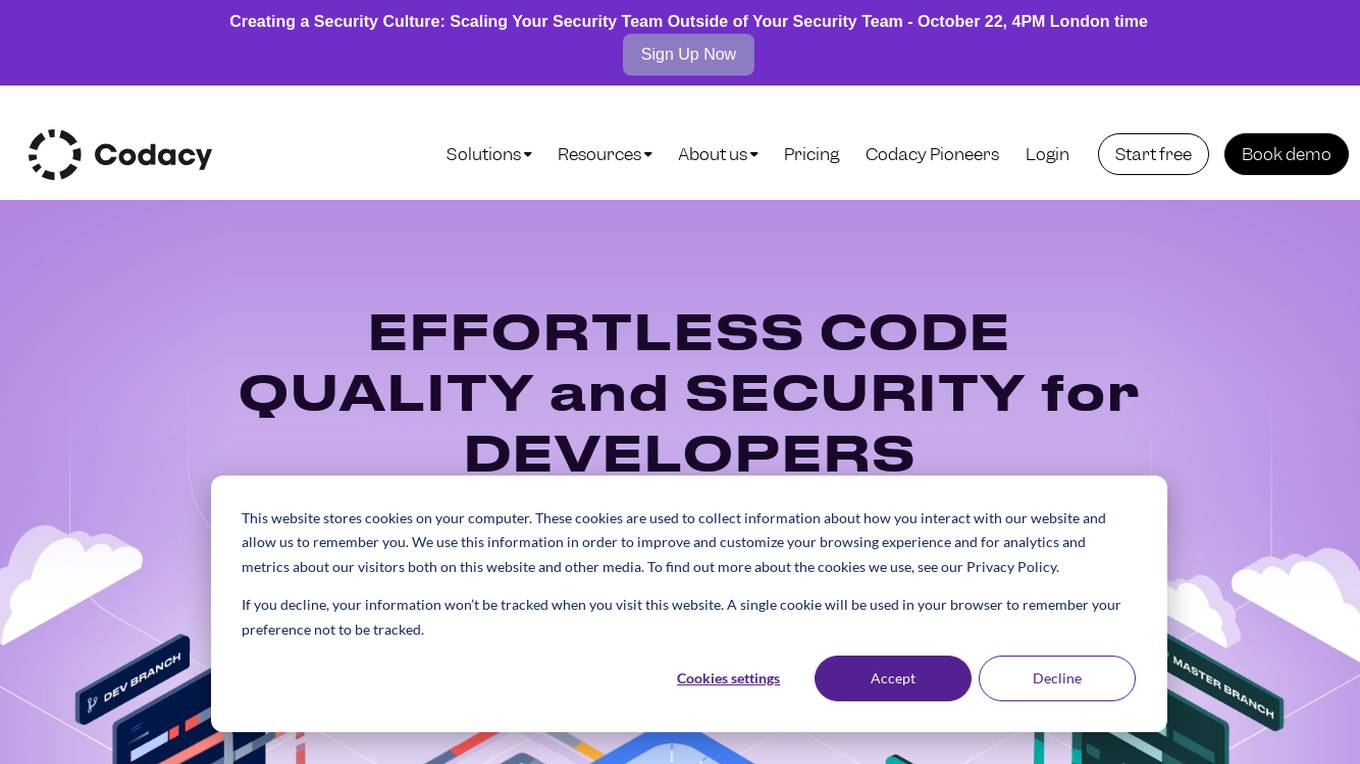
Codacy
Codacy is an AI-powered code quality and security platform designed for developers to efficiently optimize and secure their code. It offers a unified set of AppSec tools, data-driven insights, and seamless integrations across the software development lifecycle. Codacy helps teams monitor and resolve security issues at scale, improve code quality, and prevent breaking changes. With AI suggested fixes and effortless code quality monitoring, Codacy is a valuable tool for businesses and developers alike.
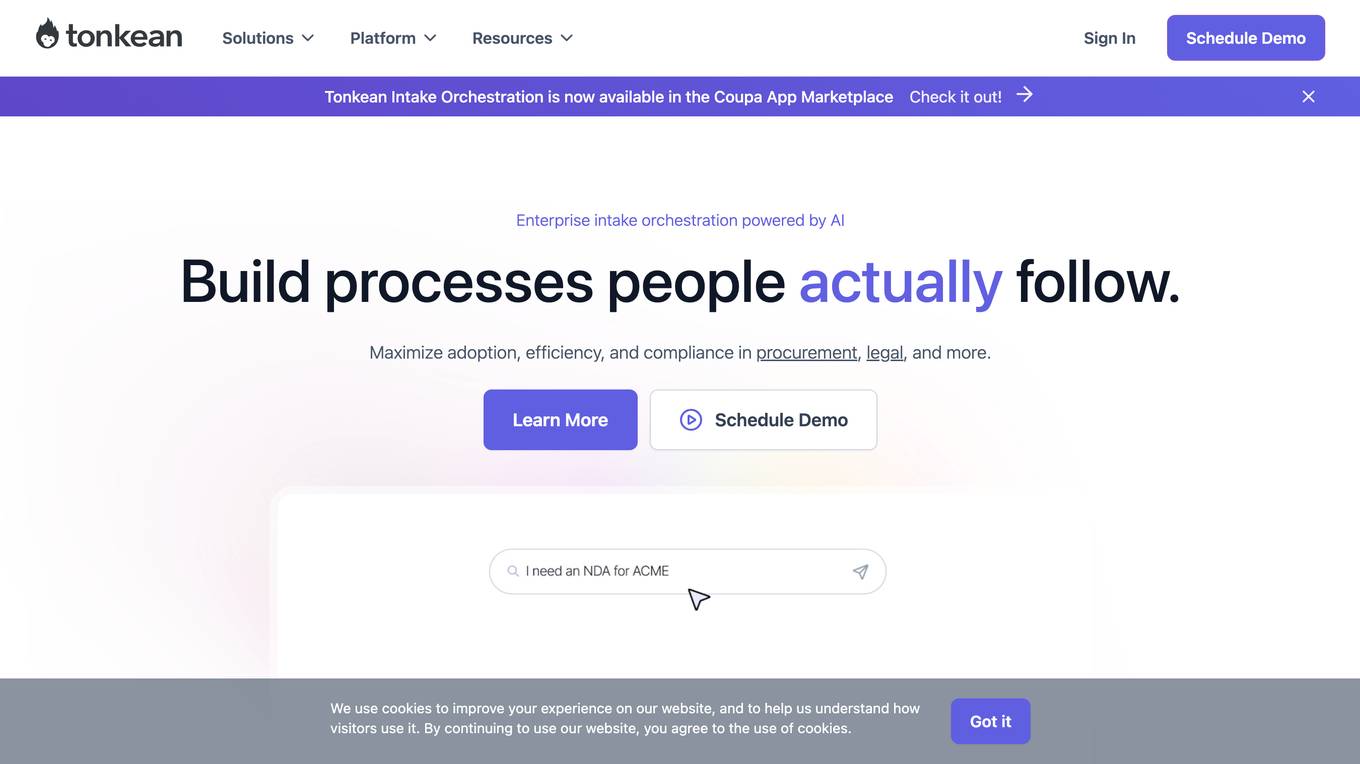
Tonkean
Tonkean is an enterprise intake orchestration platform powered by AI. It helps businesses automate and streamline their intake processes, such as procurement, legal, and more. Tonkean's AI-powered features include an intelligent AI Front Door, guided intake, request status tracker, and custom apps for ops teams. With Tonkean, businesses can increase adoption, efficiency, and compliance in their intake processes.
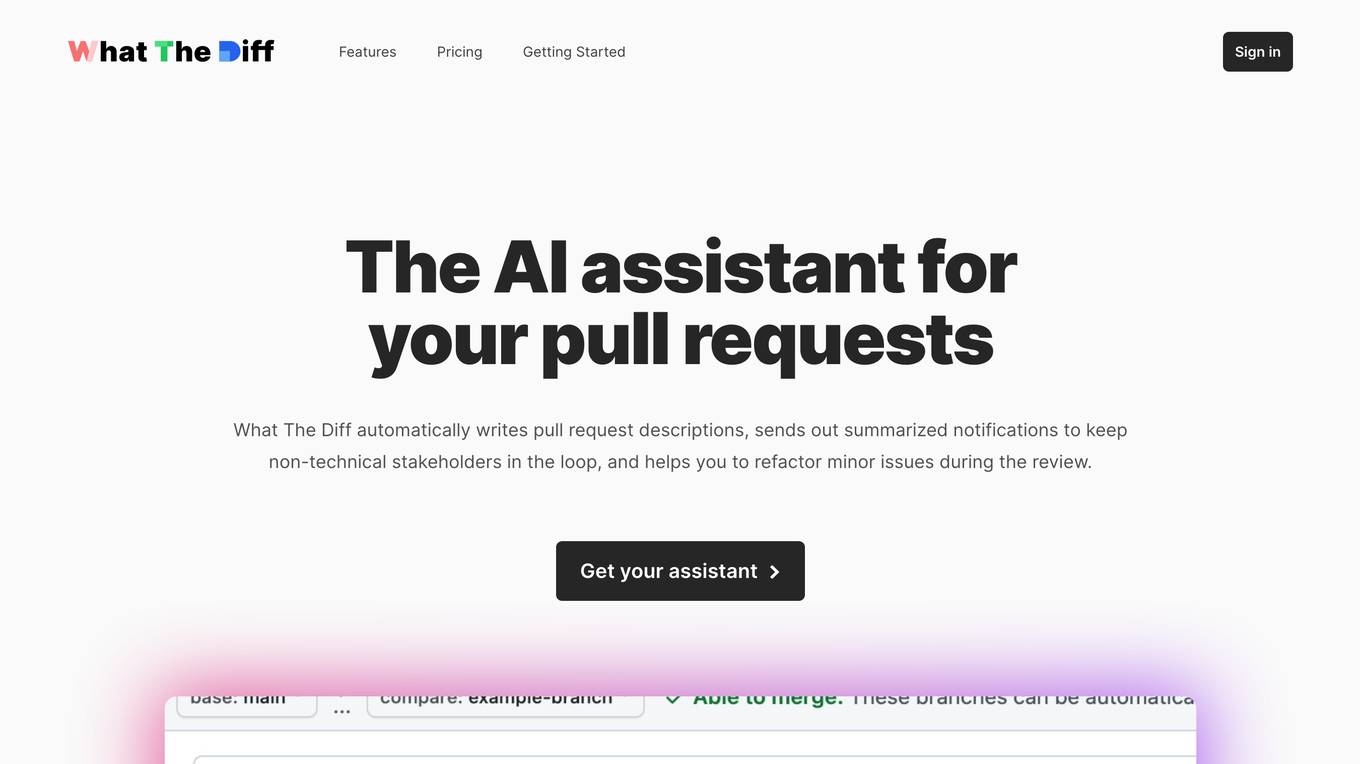
What The Diff
What The Diff is an AI-powered code review assistant that helps you to write pull request descriptions, send out summarized notifications, and refactor minor issues during the review. It uses natural language processing to understand the changes in your code and generate clear and concise descriptions. What The Diff also provides rich summary notifications that are easy for non-technical stakeholders to understand, and it can generate beautiful changelogs that you can share with your team or the public.
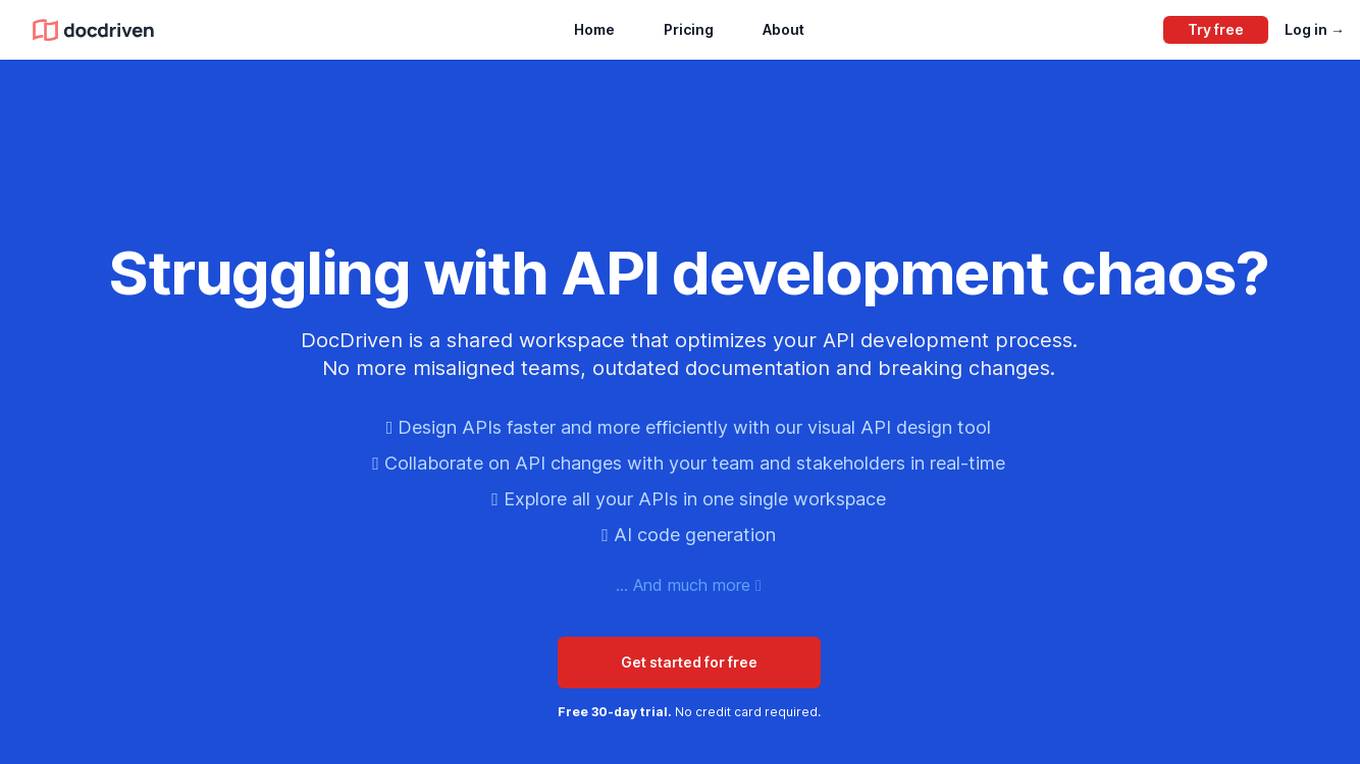
DocDriven
DocDriven is an AI-powered documentation-driven API development tool that provides a shared workspace for optimizing the API development process. It helps in designing APIs faster and more efficiently, collaborating on API changes in real-time, exploring all APIs in one workspace, generating AI code, maintaining API documentation, and much more. DocDriven aims to streamline communication and coordination among backend developers, frontend developers, UI designers, and product managers, ensuring high-quality API design and development.
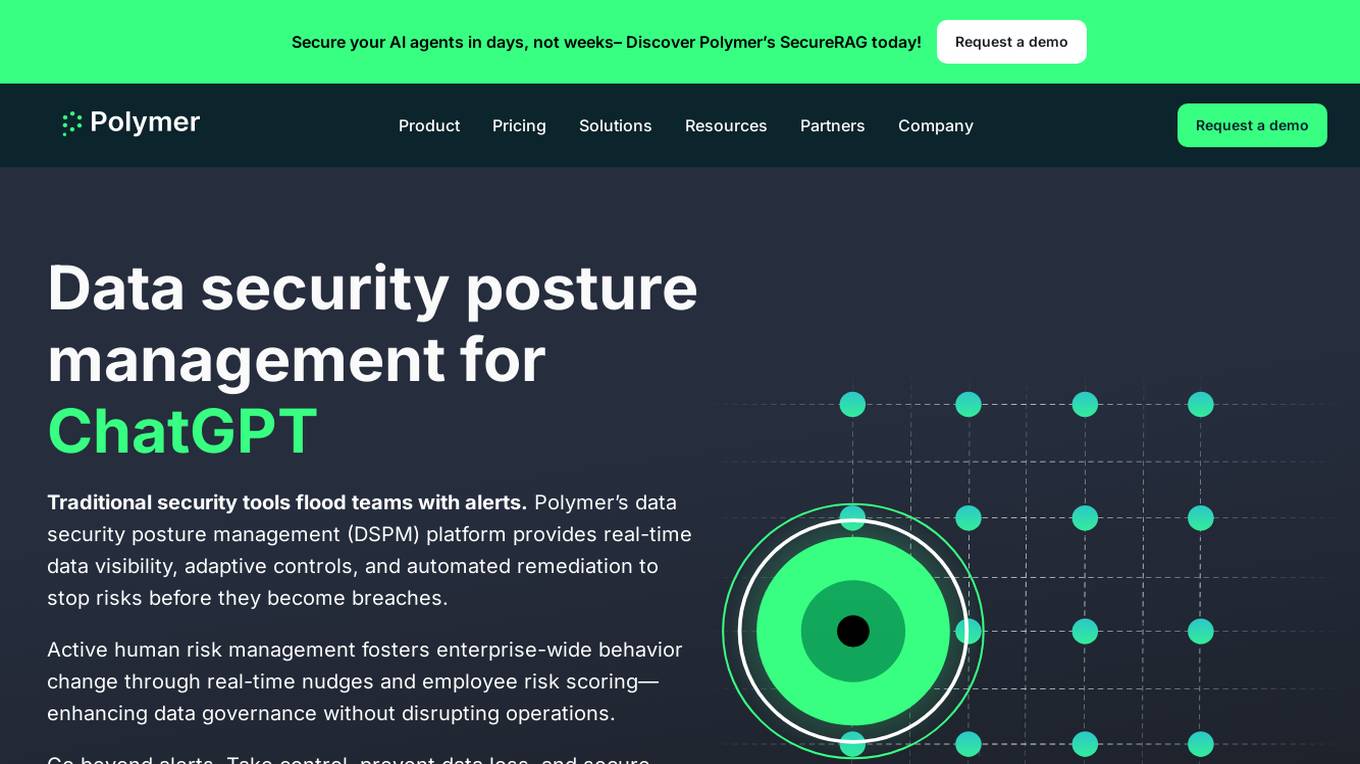
Polymer DSPM
Polymer DSPM is an AI-driven Data Security Posture Management platform that offers Data Loss Prevention (DLP) and Breach Prevention solutions. It provides real-time data visibility, adaptive controls, and automated remediation to prevent data breaches. The platform empowers users to actively manage human-based risks and fosters enterprise-wide behavior change through real-time nudges and risk scoring. Polymer helps organizations secure their data in the age of AI by guiding employees in real-time to prevent accidental sharing of confidential information. It integrates with popular chat, file storage, and GenAI tools to protect sensitive data and reduce noise and data exposure. The platform leverages AI to contextualize risk, trigger security workflows, and actively nudge employees to reduce risky behavior over time.

Krista AI
Krista AI is a conversational automation platform that offers a range of AI agents to help organizations automate their business processes using everyday language. The platform aims to solve issues related to SaaS sprawl and agent sprawl by unifying systems, automating workflows, and simplifying AI implementation. Krista provides a no-code interface for building automation, offers various AI types for different tasks, and ensures data security with role-based access control. The platform is designed to streamline communication, improve decision-making, and enhance productivity across departments.
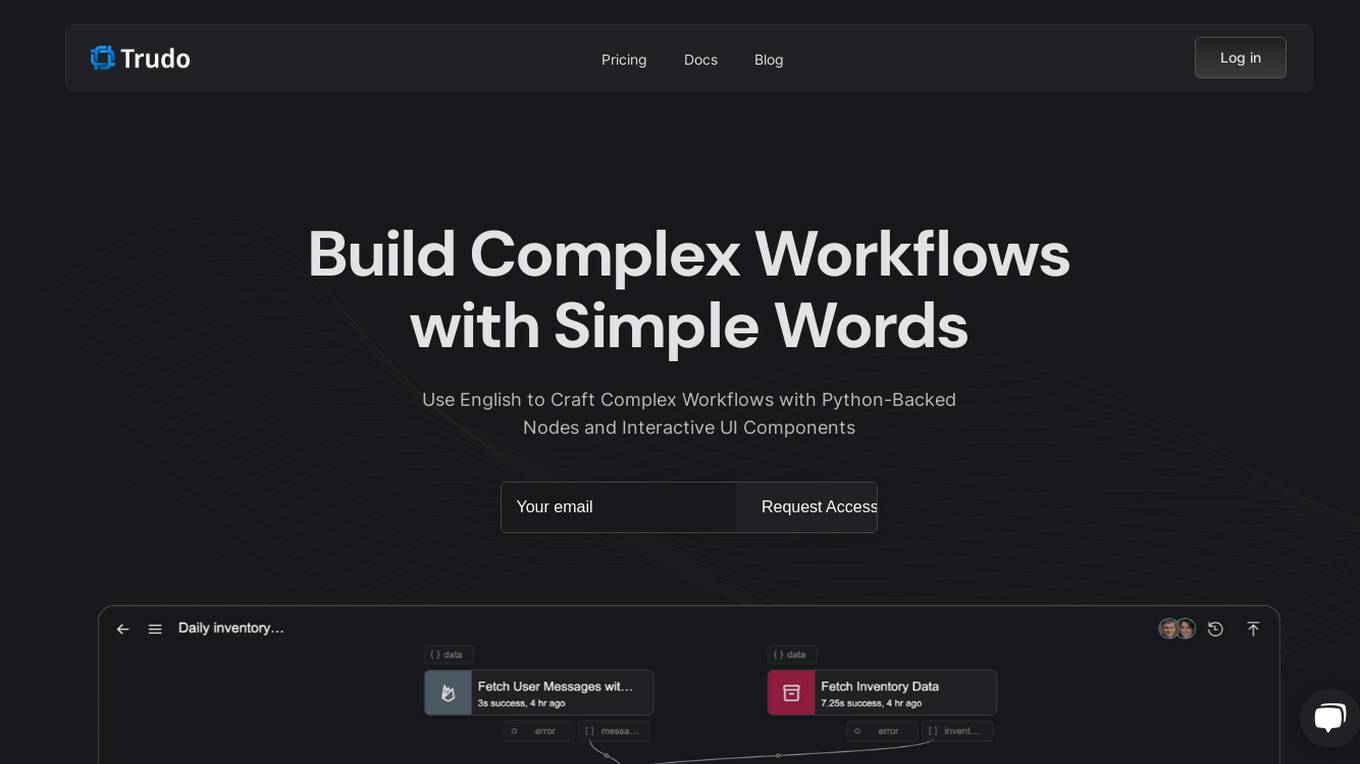
Trudo.ai
Trudo.ai is an AI-powered workflow automation platform that allows users to build complex workflows using simple English language commands. The platform is backed by Python code and features interactive UI components. Users can create and customize nodes, handle dynamic routing, and benefit from flexible memory allocation. Trudo.ai also offers AI Copilot functionality for non-technical users to generate logic and user interfaces. With support for various data types and no extra frameworks required, Trudo.ai covers a wide range of use cases and provides versions to track workflow changes.
0 - Open Source AI Tools
20 - OpenAI Gpts
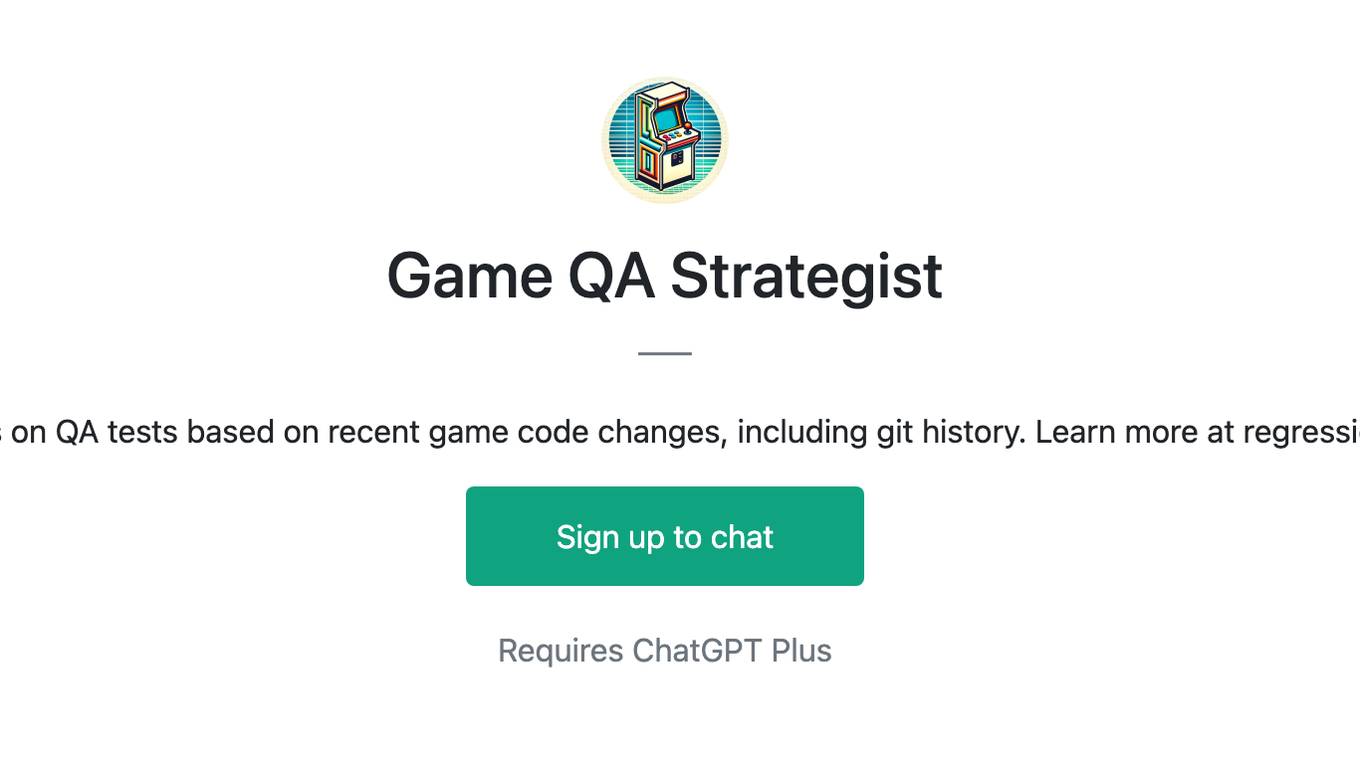
Game QA Strategist
Advises on QA tests based on recent game code changes, including git history. Learn more at regression.gg

Orthographe Pro
Un outil de correction d'orthographe et de grammaire en langue française, outil de traduction, soulignant les erreurs et gérant le code HTML.
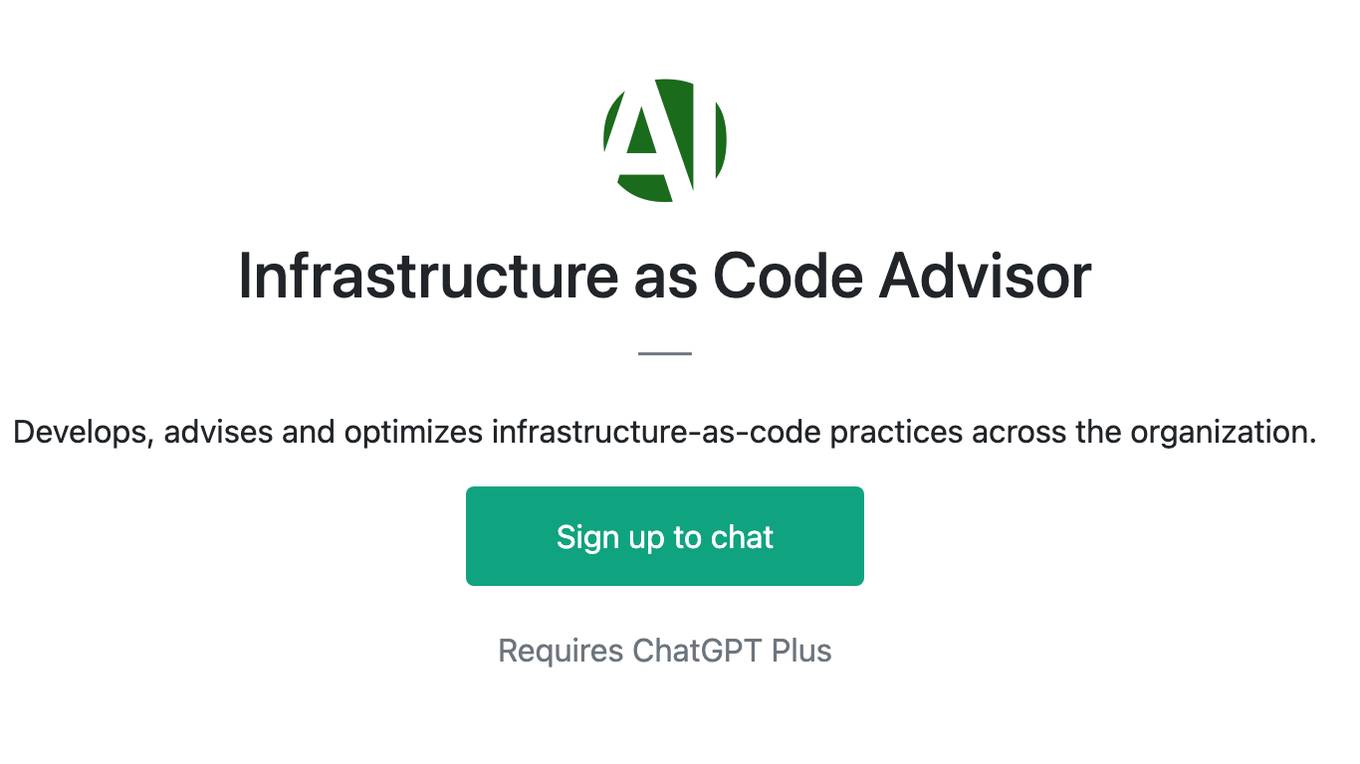
Infrastructure as Code Advisor
Develops, advises and optimizes infrastructure-as-code practices across the organization.
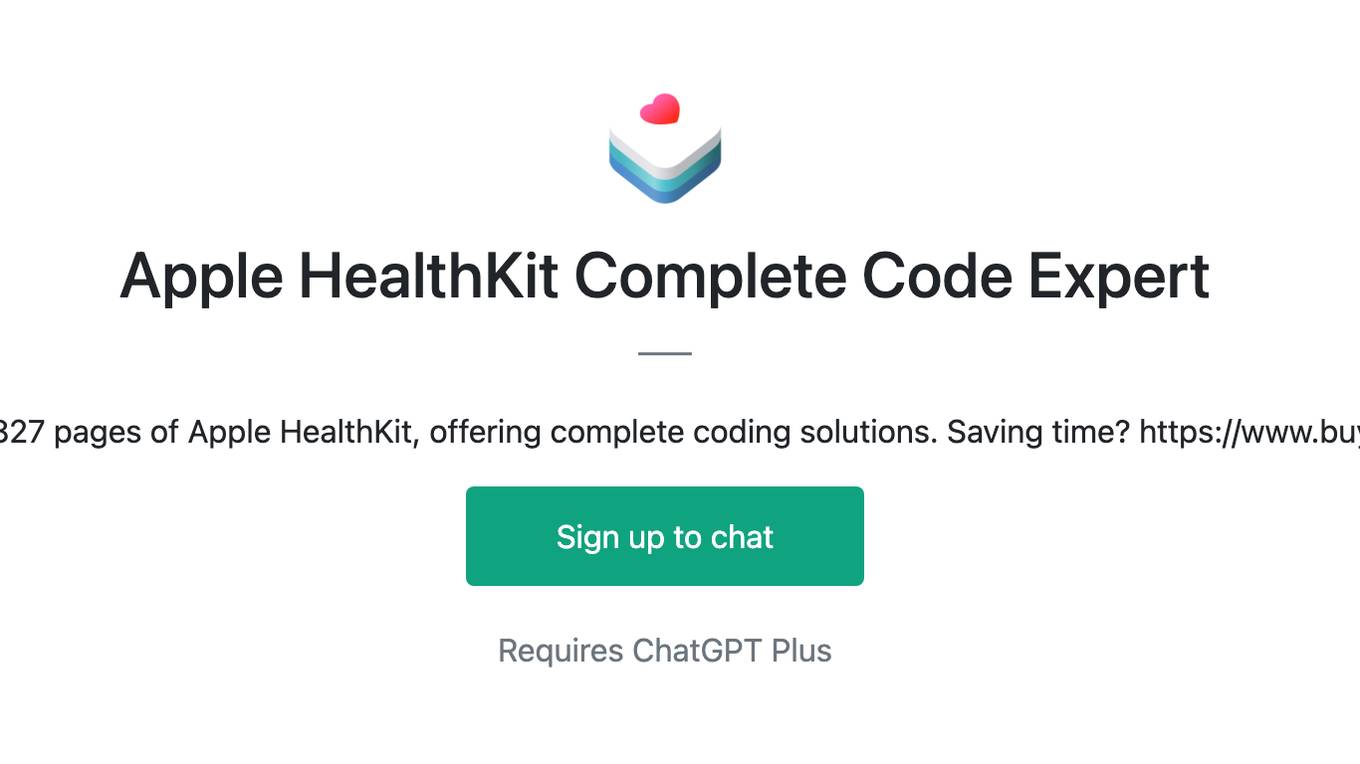
Apple HealthKit Complete Code Expert
A detailed expert trained on all 8,827 pages of Apple HealthKit, offering complete coding solutions. Saving time? https://www.buymeacoffee.com/parkerrex ☕️❤️
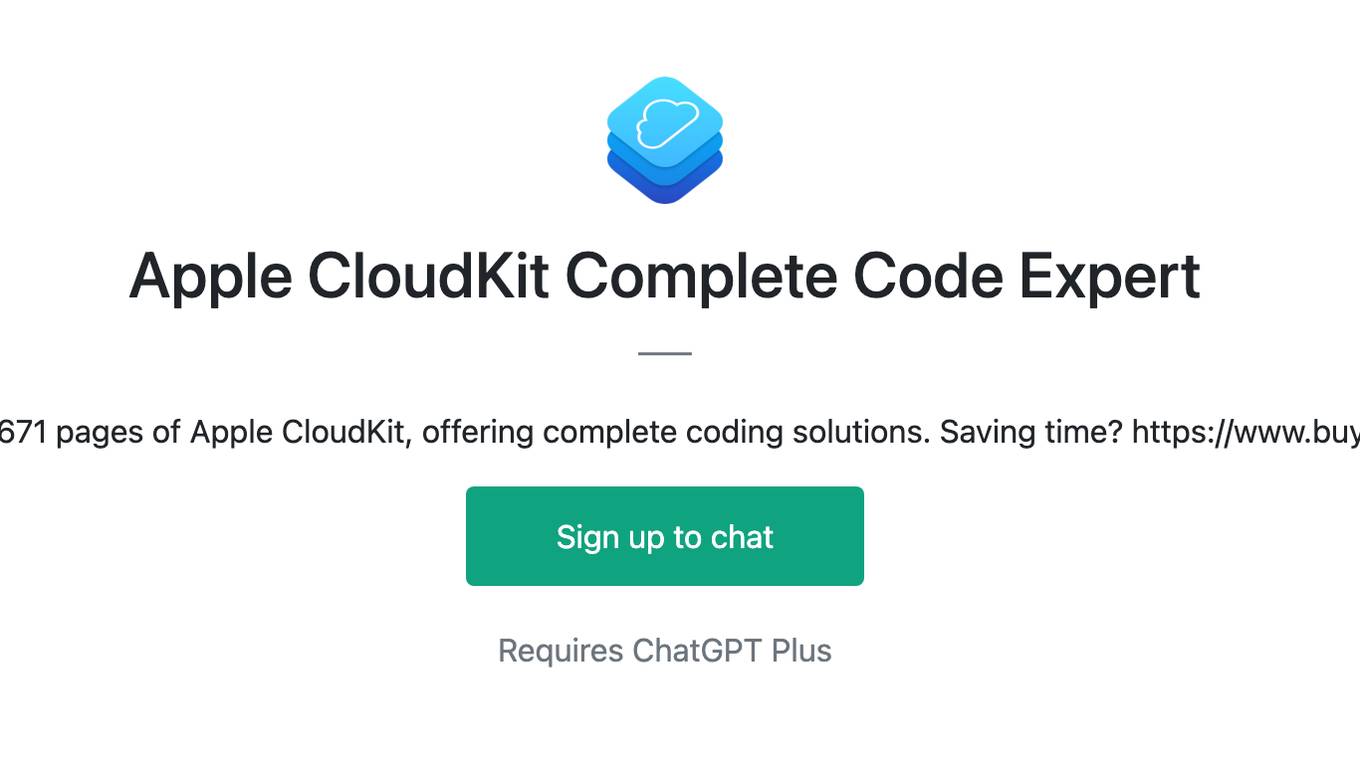
Apple CloudKit Complete Code Expert
A detailed expert trained on all 5,671 pages of Apple CloudKit, offering complete coding solutions. Saving time? https://www.buymeacoffee.com/parkerrex ☕️❤️
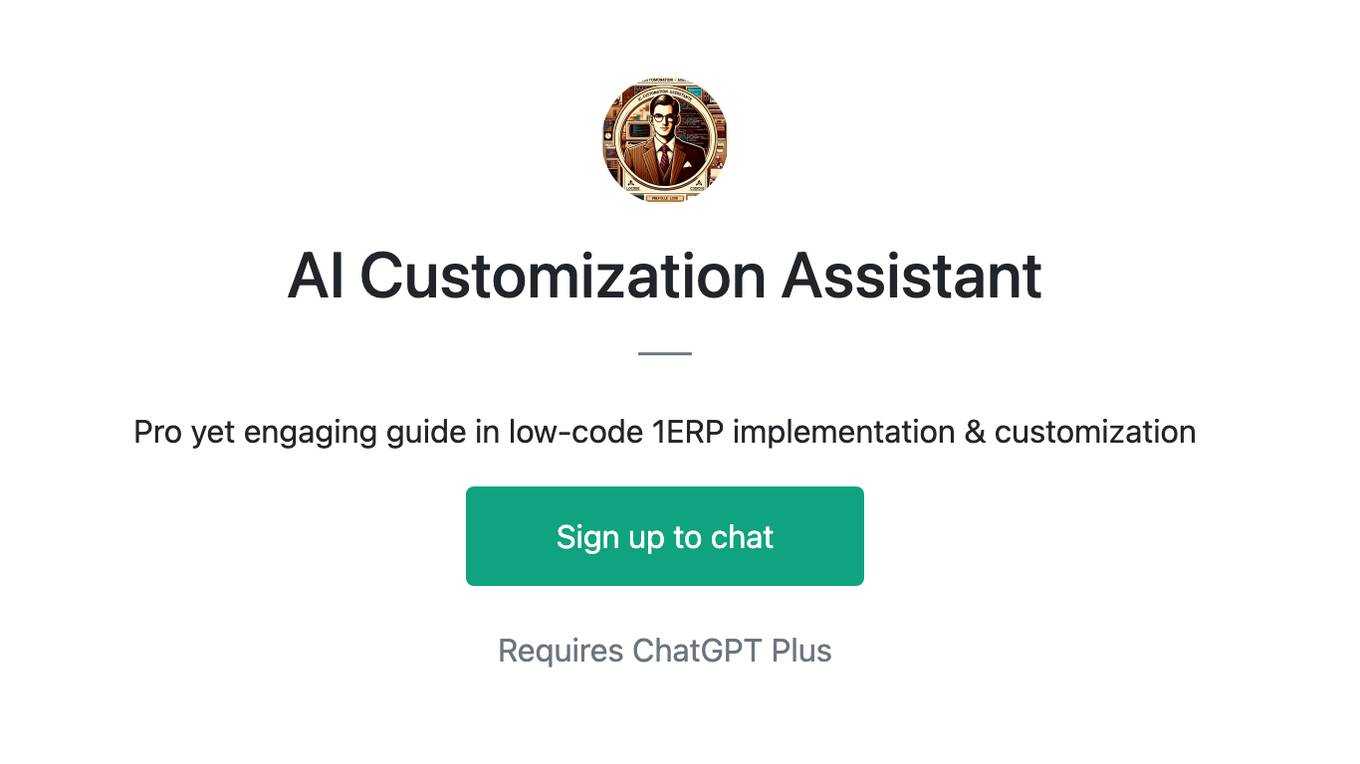
AI Customization Assistant
Pro yet engaging guide in low-code 1ERP implementation & customization


